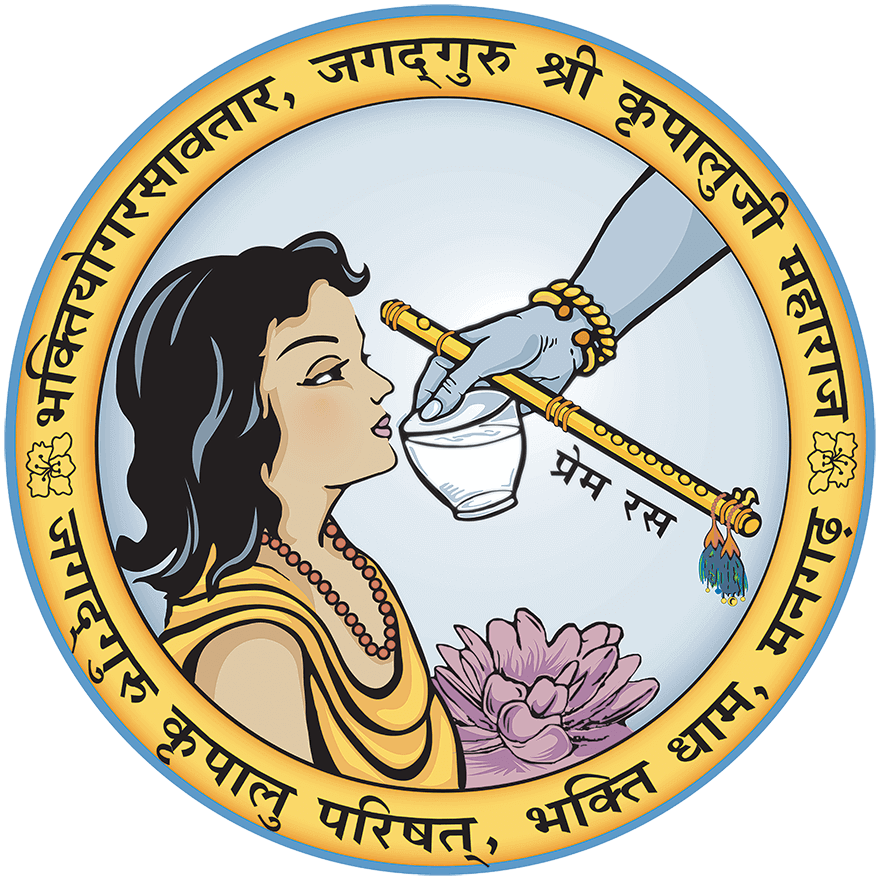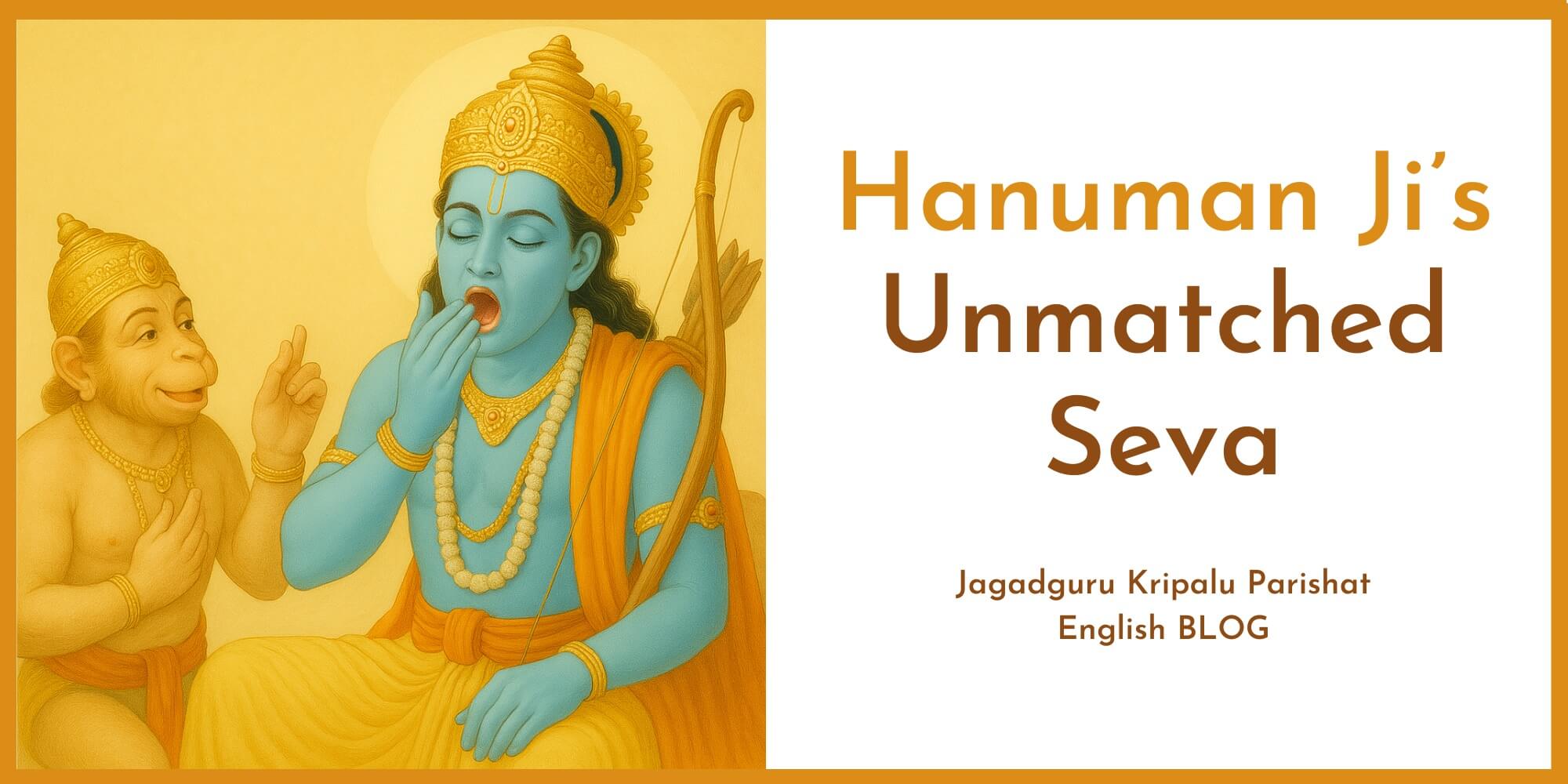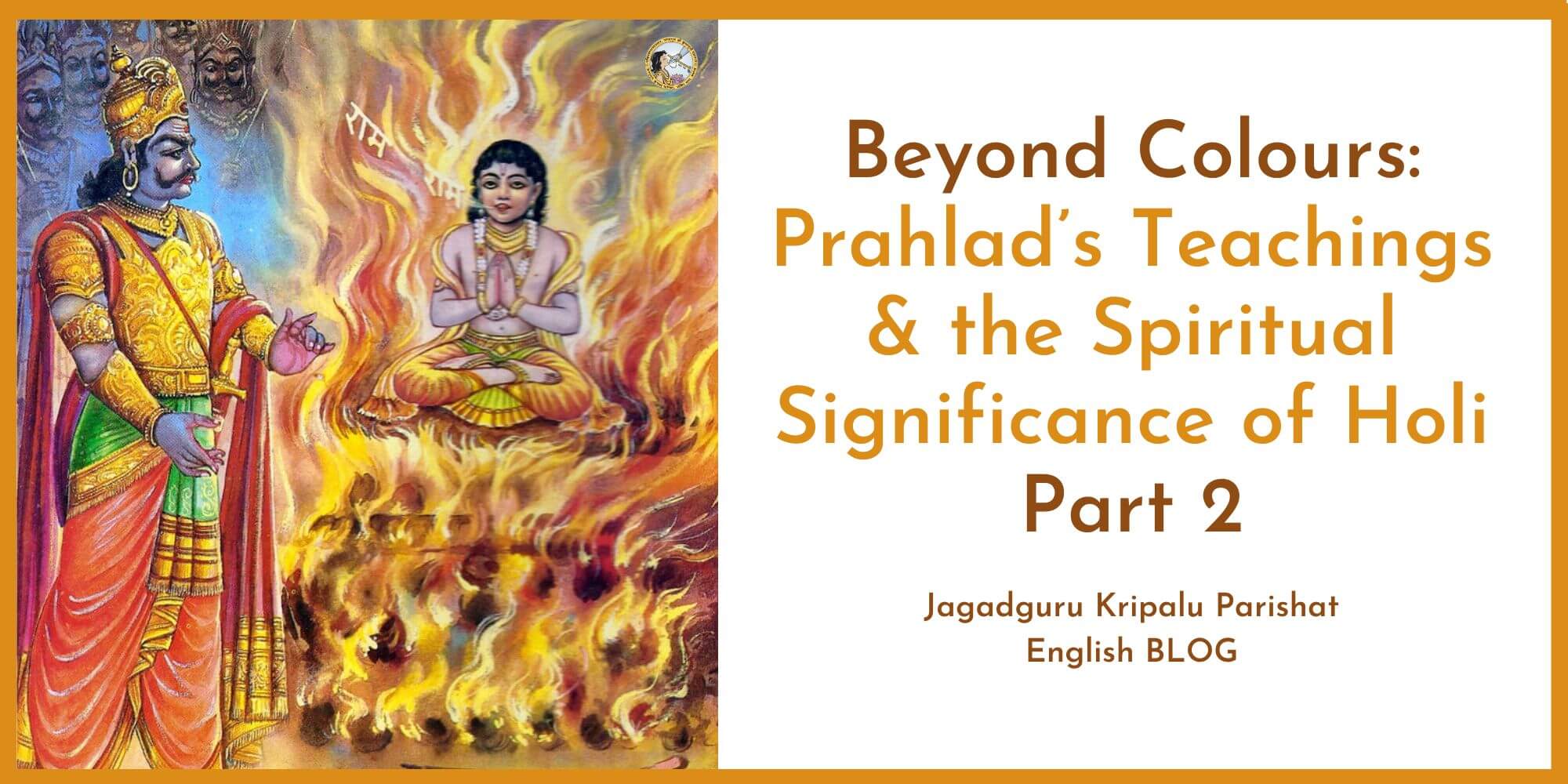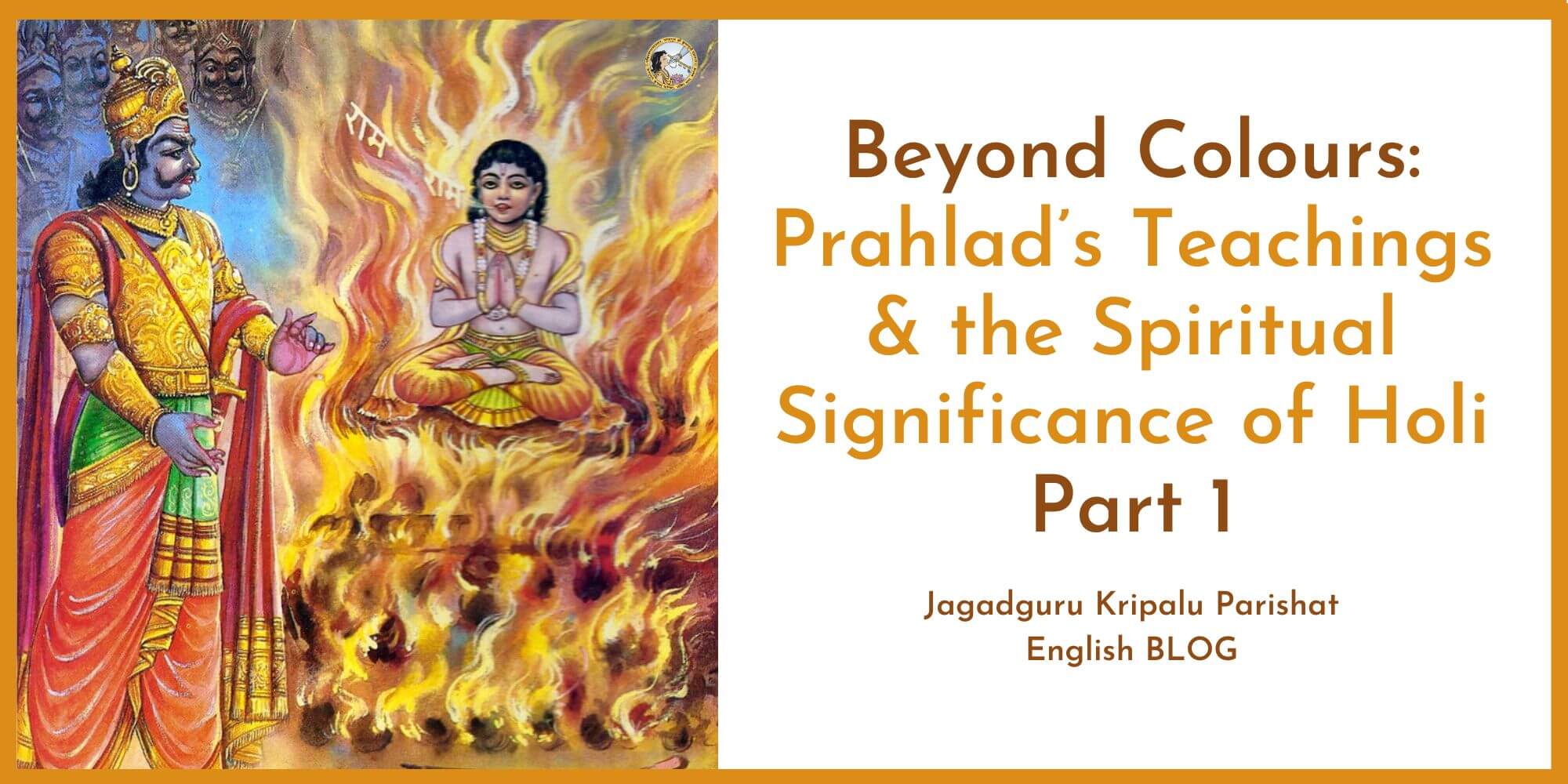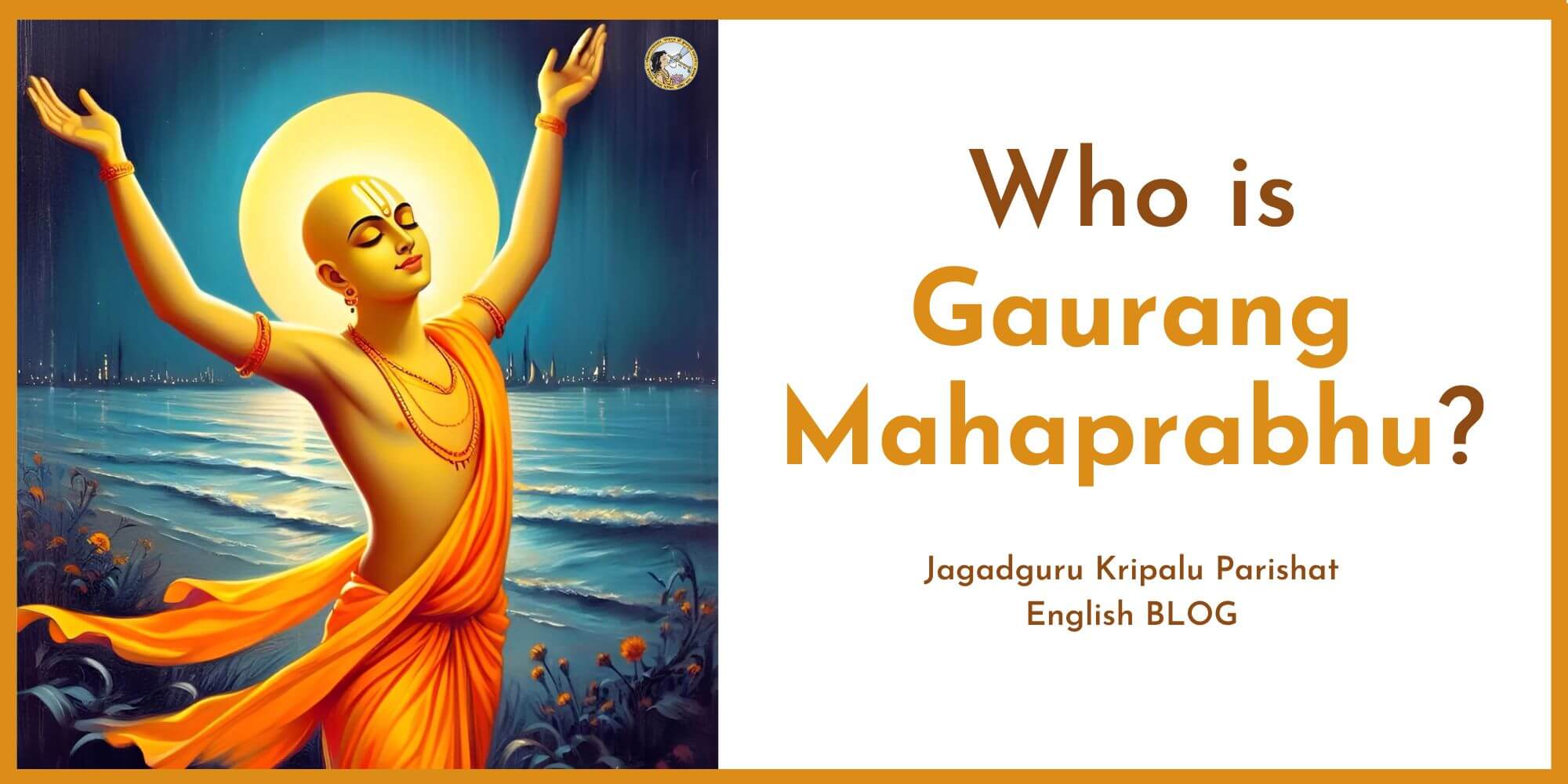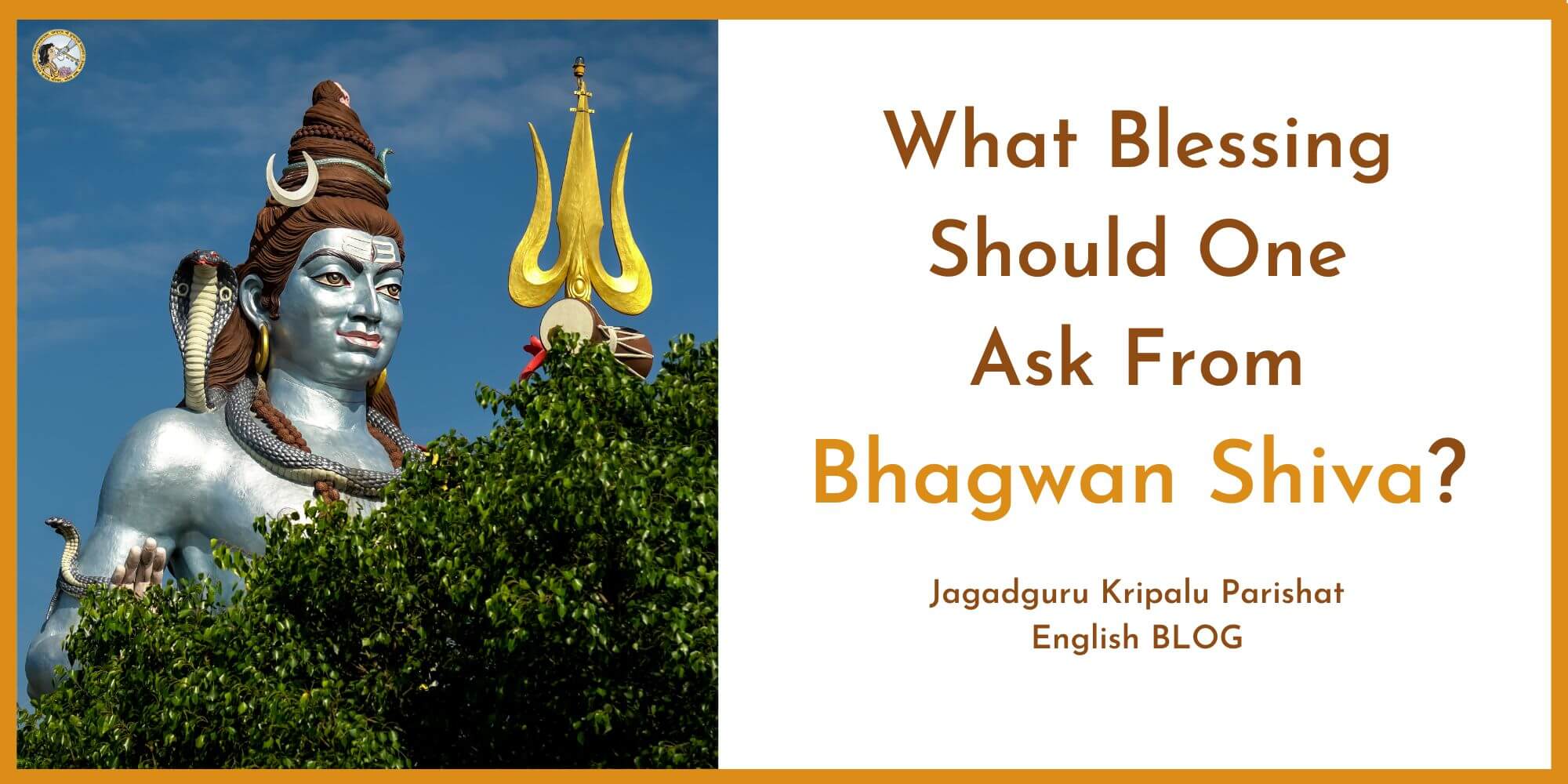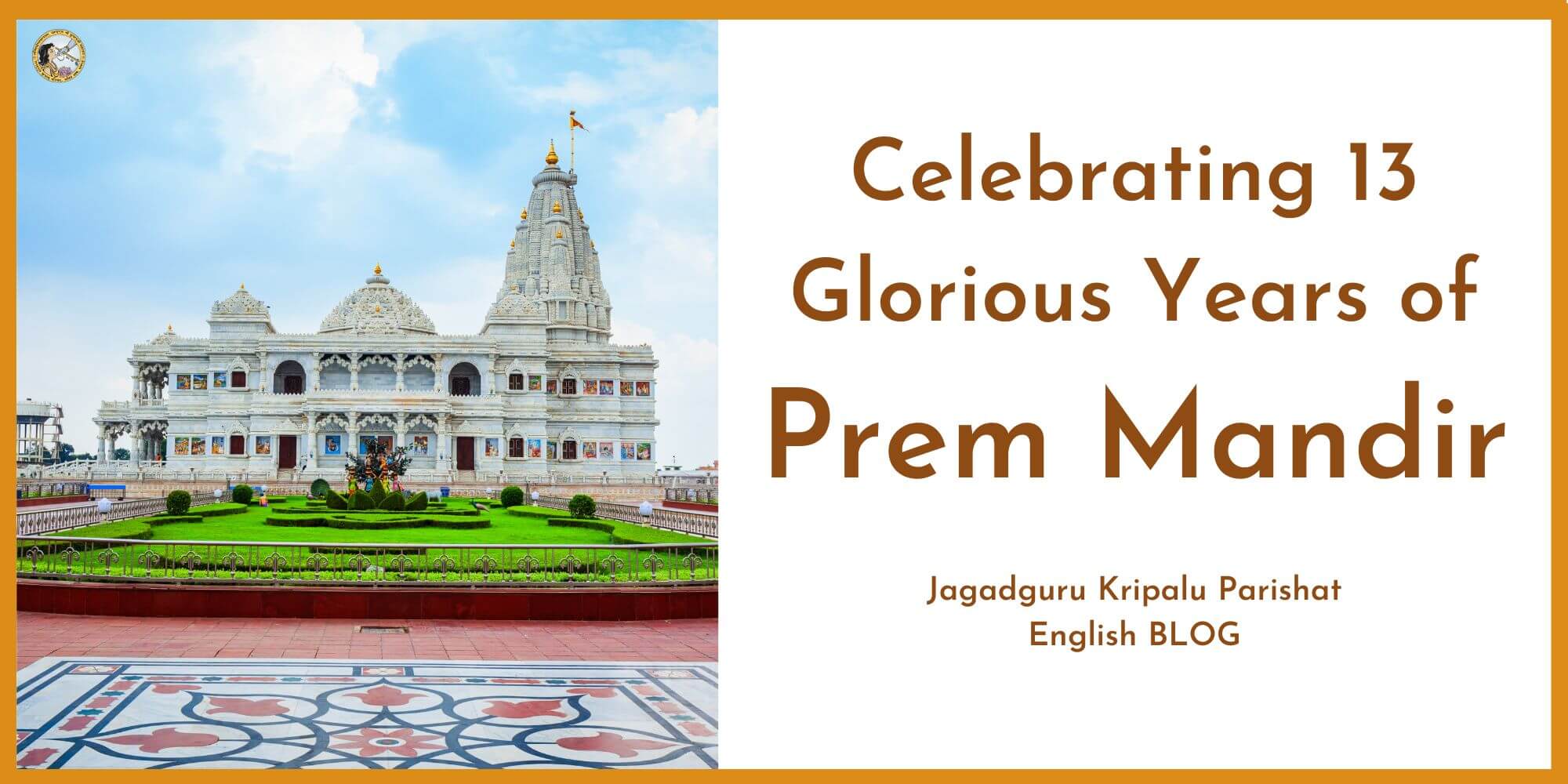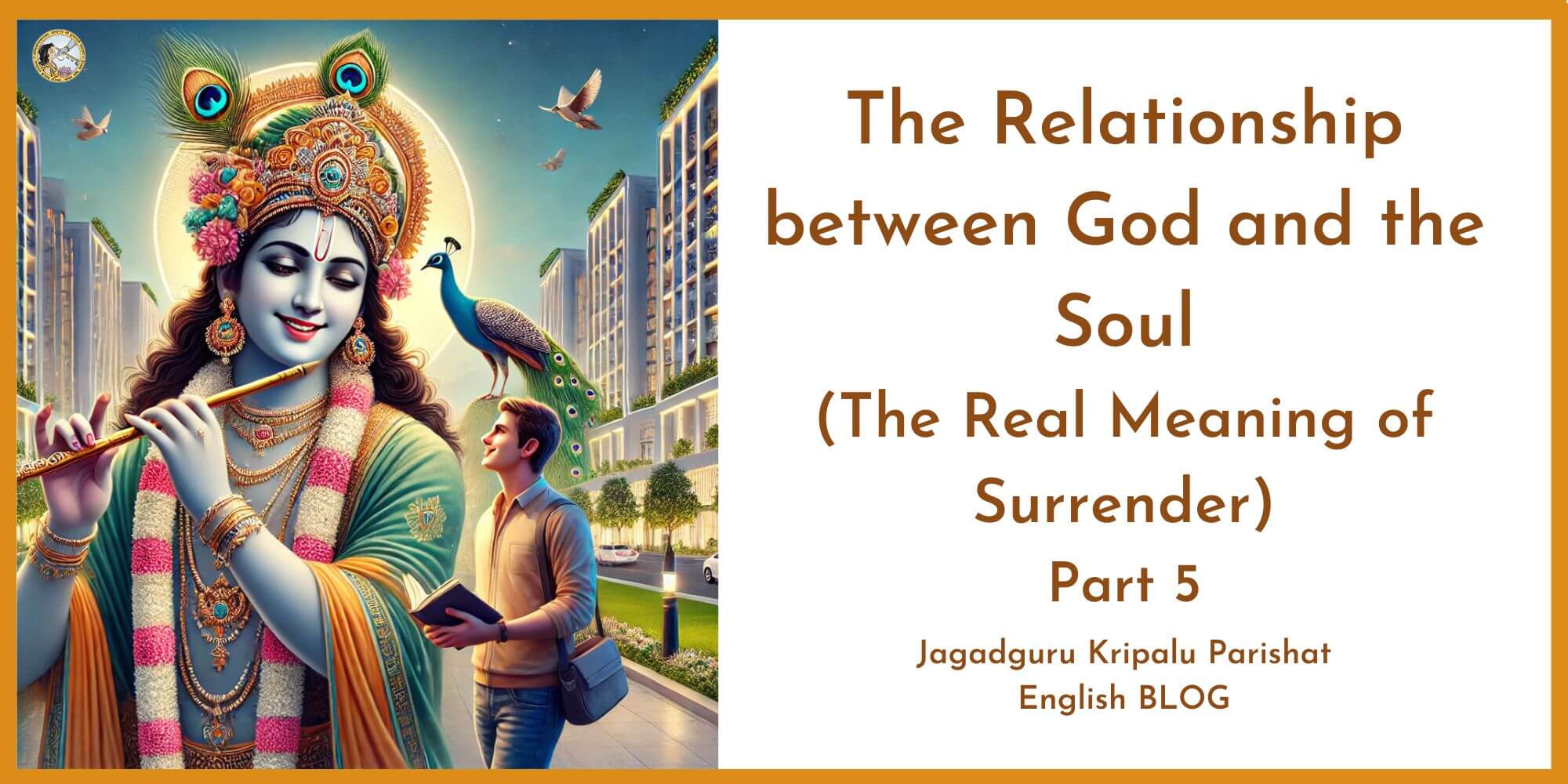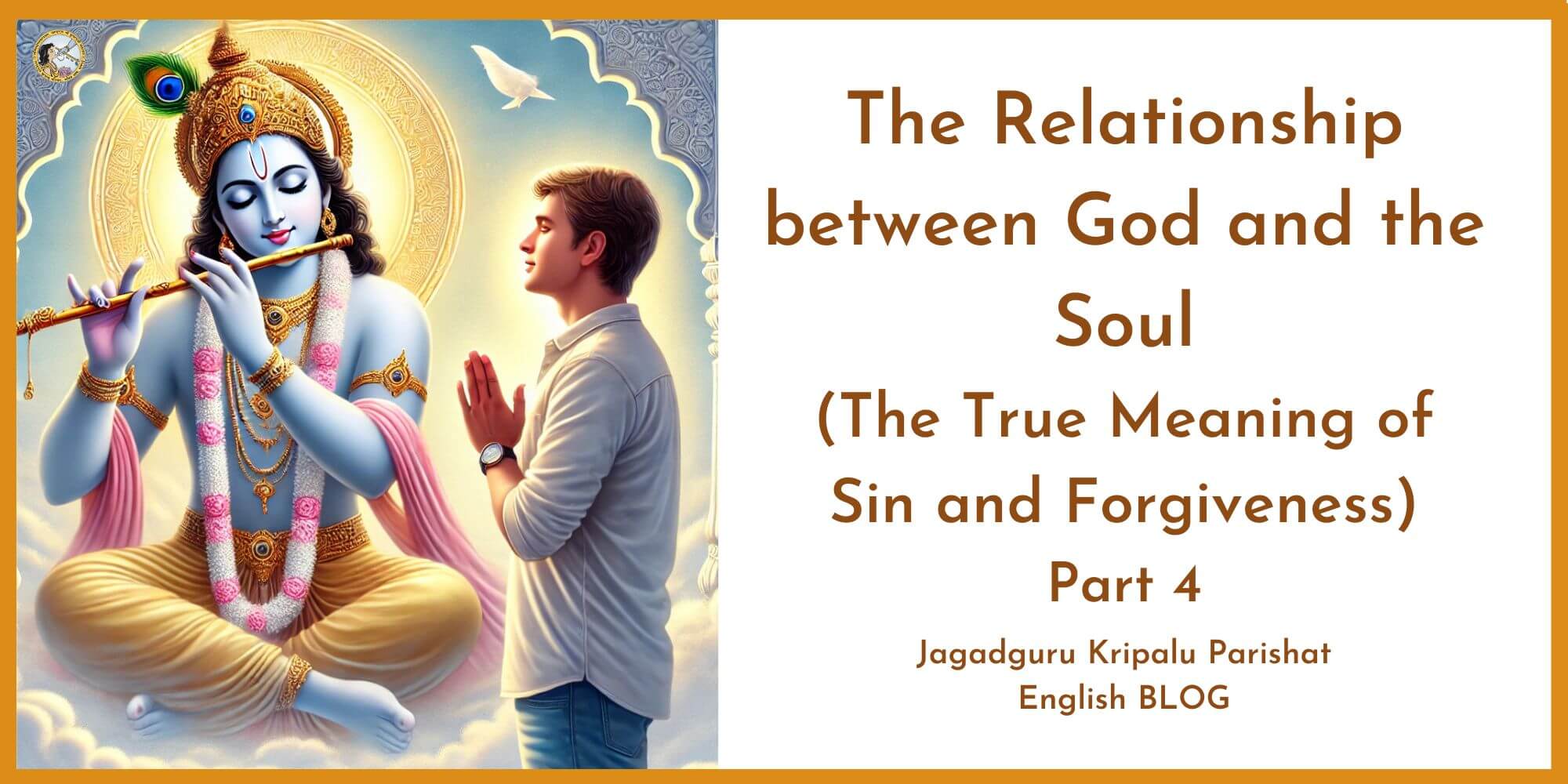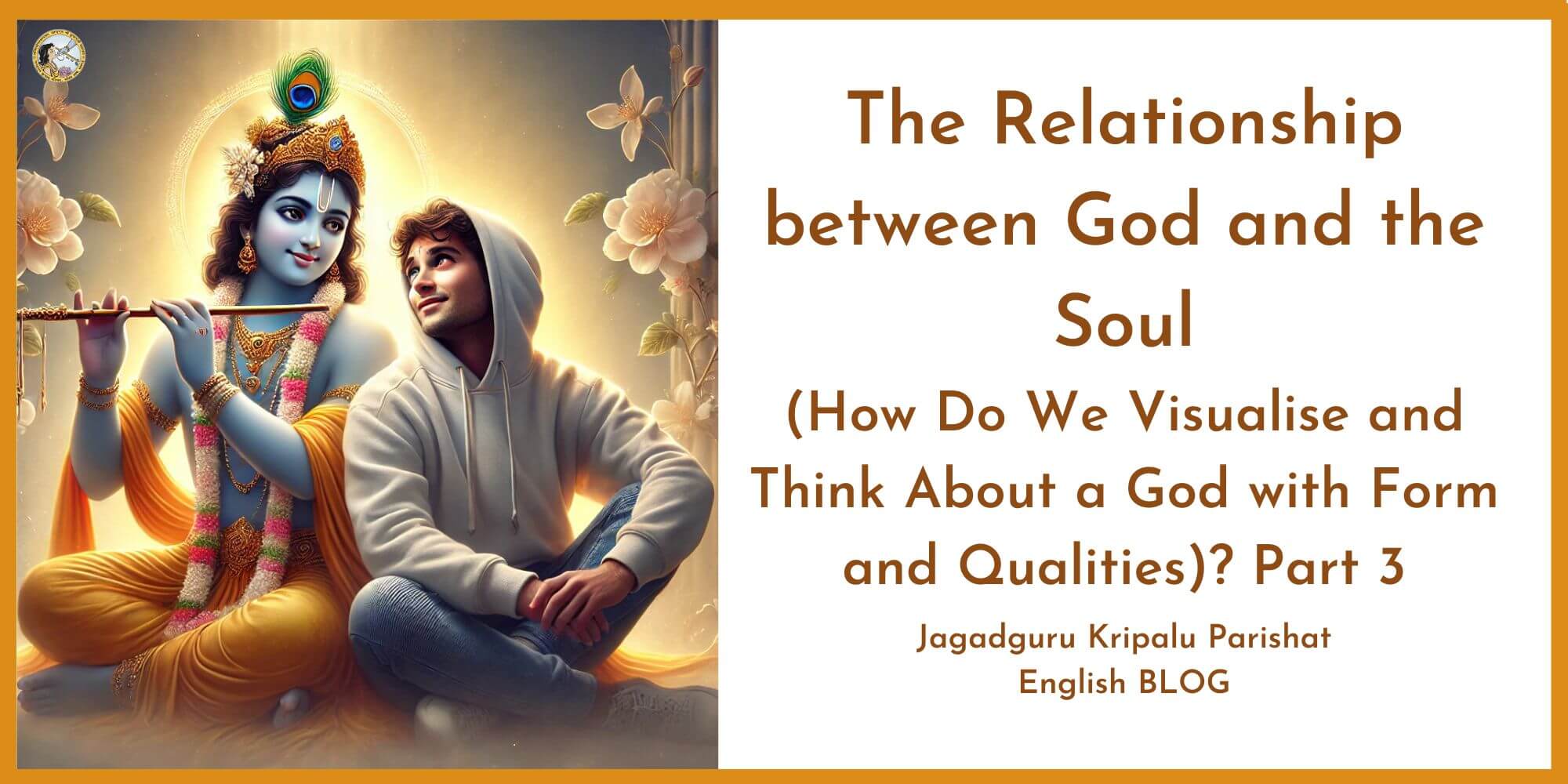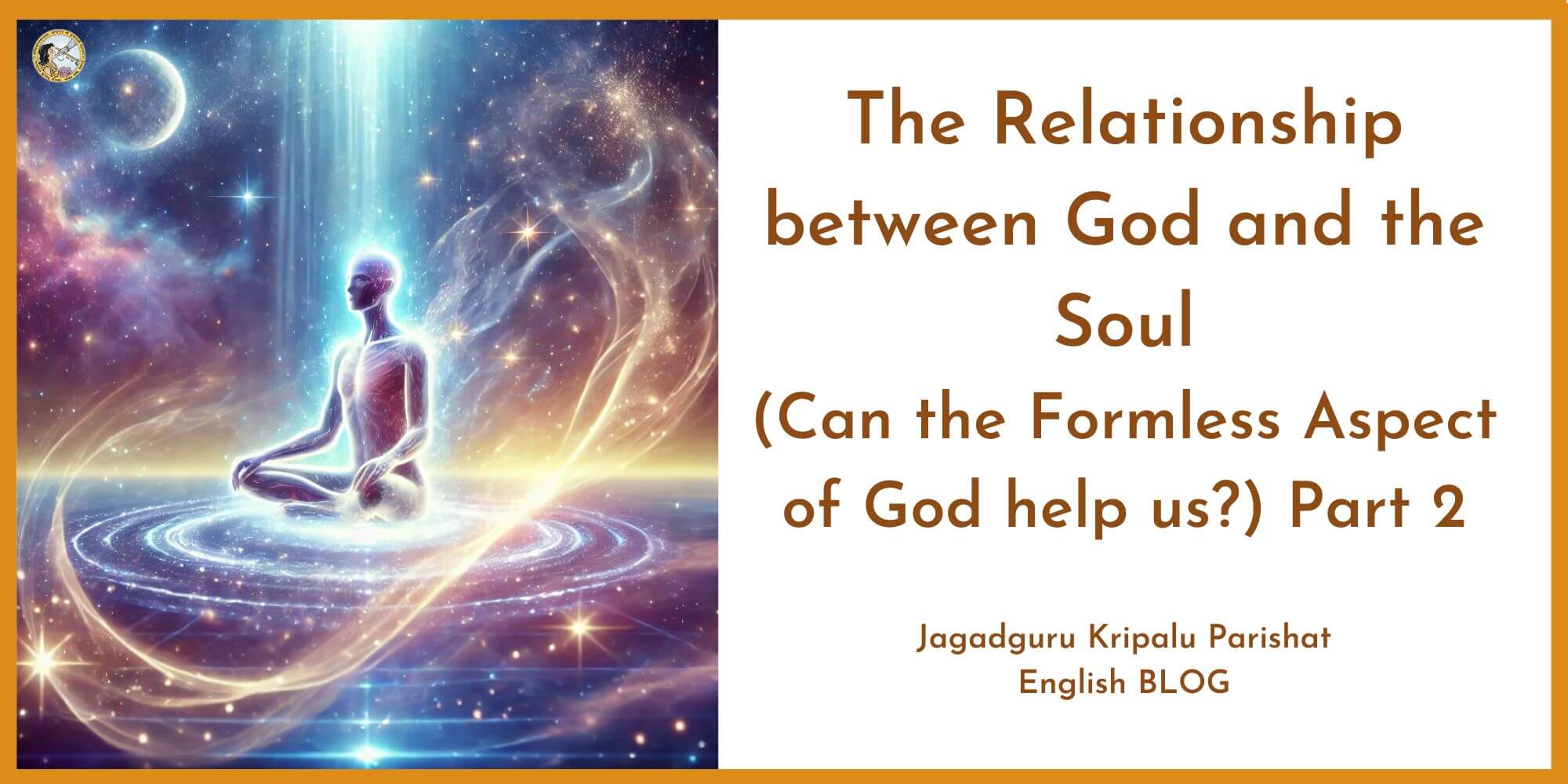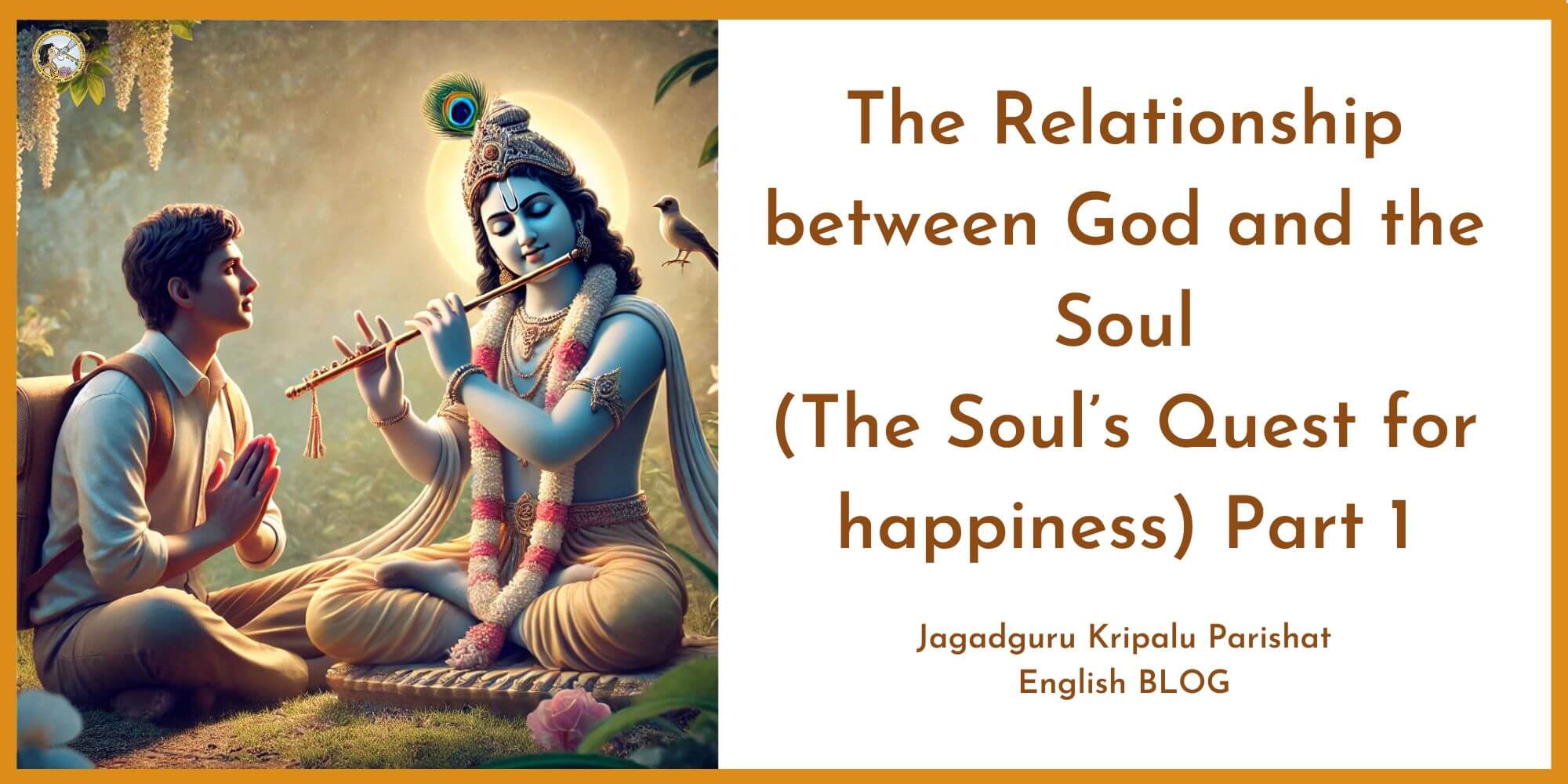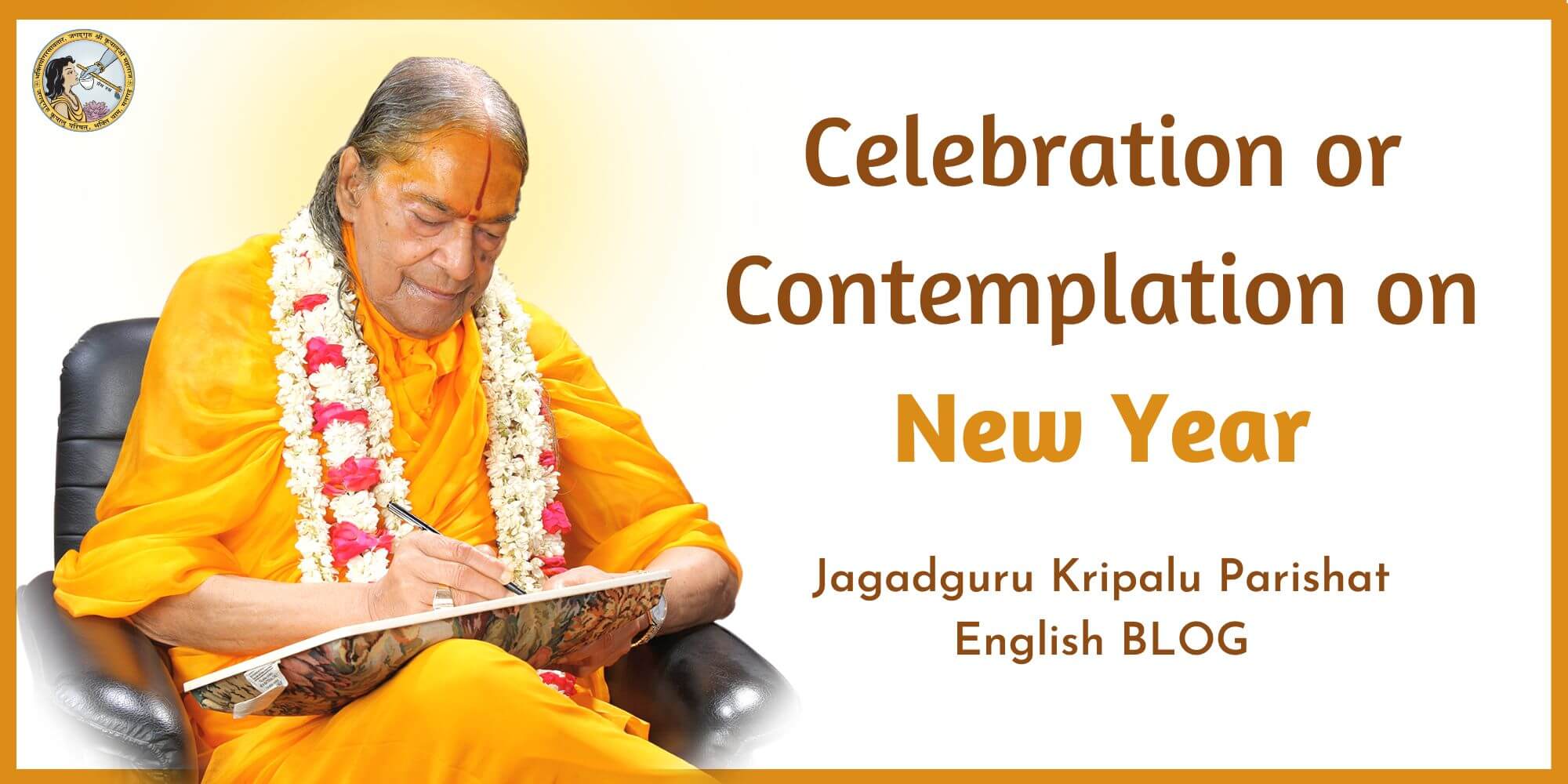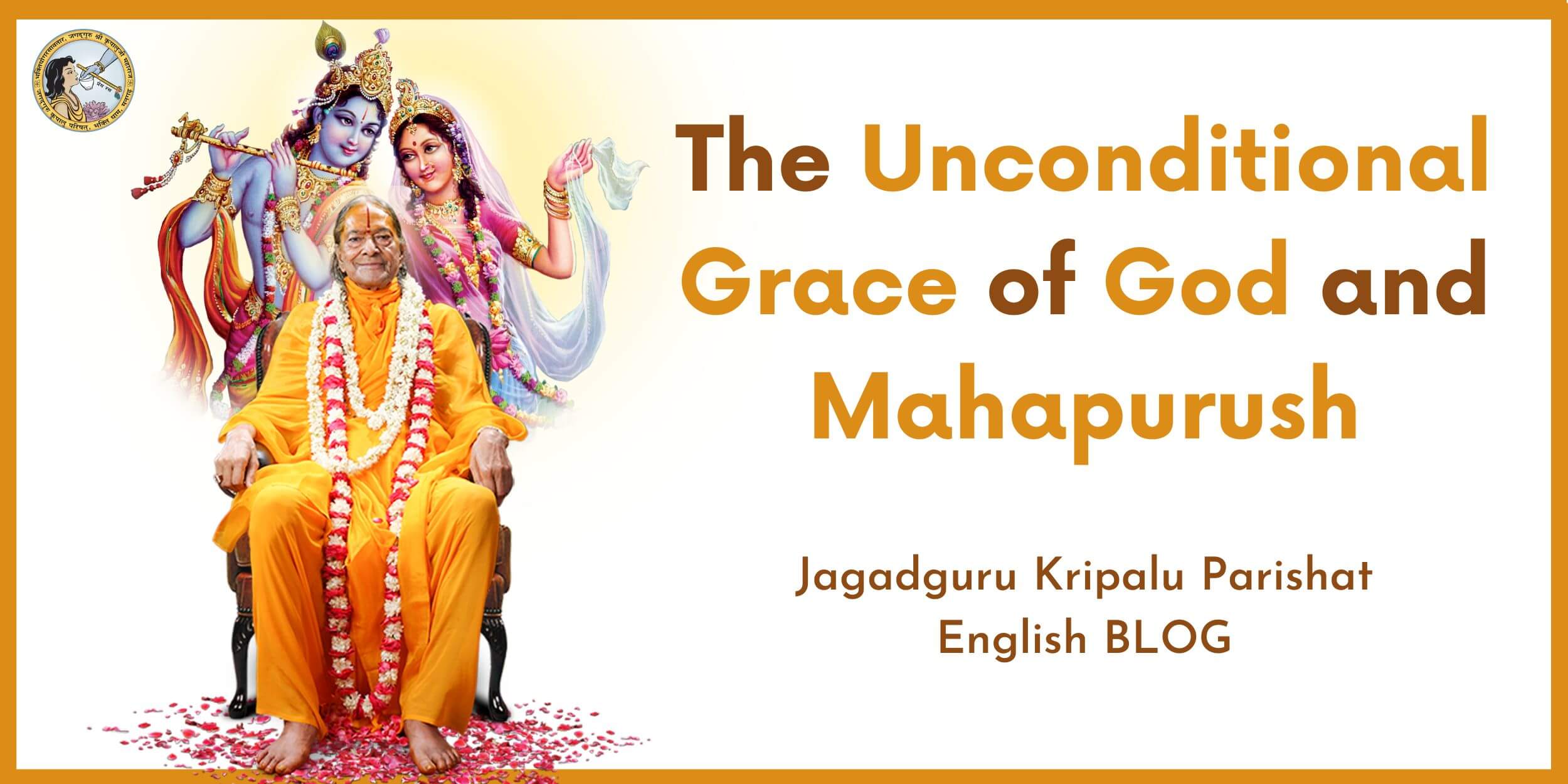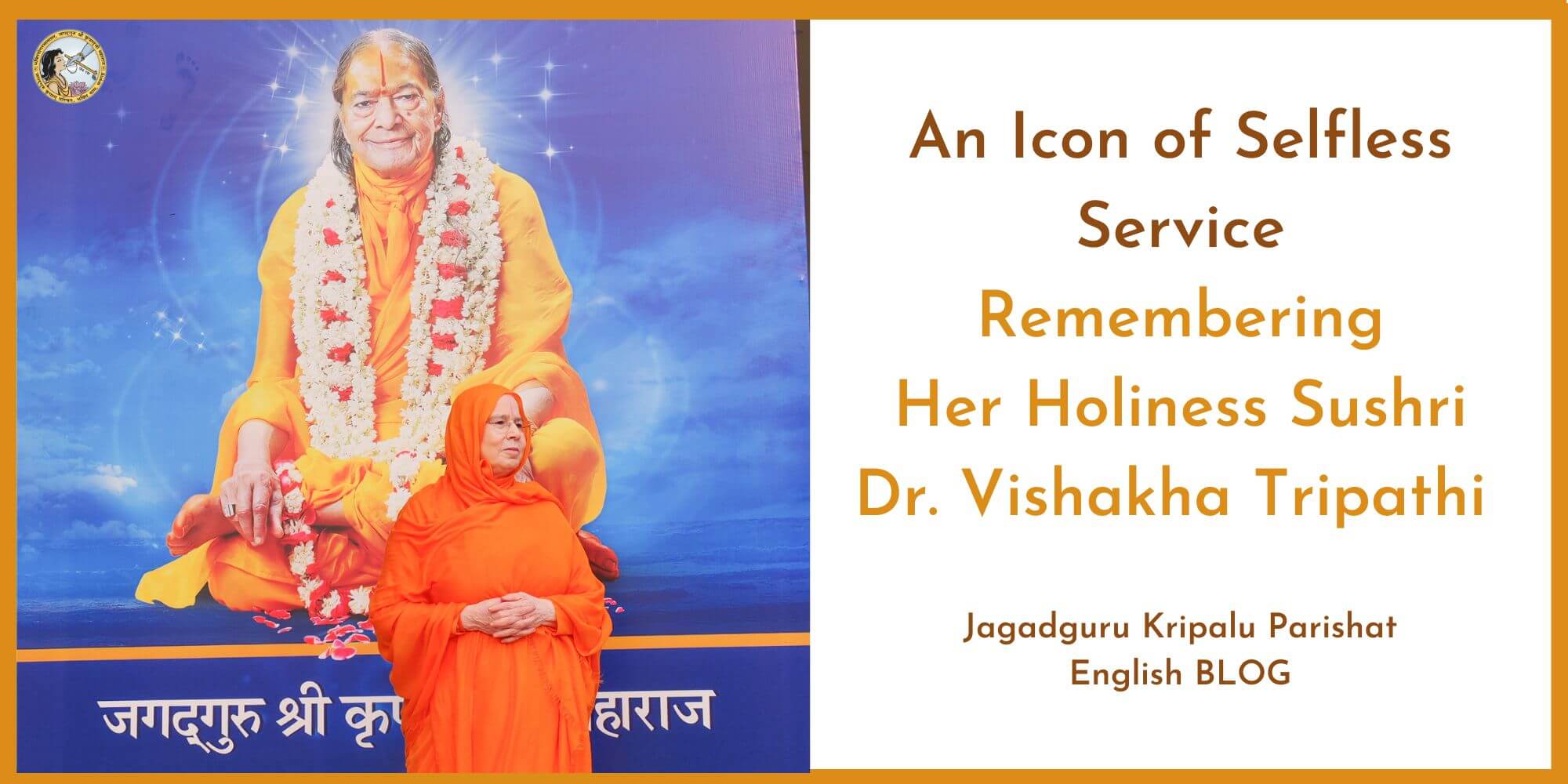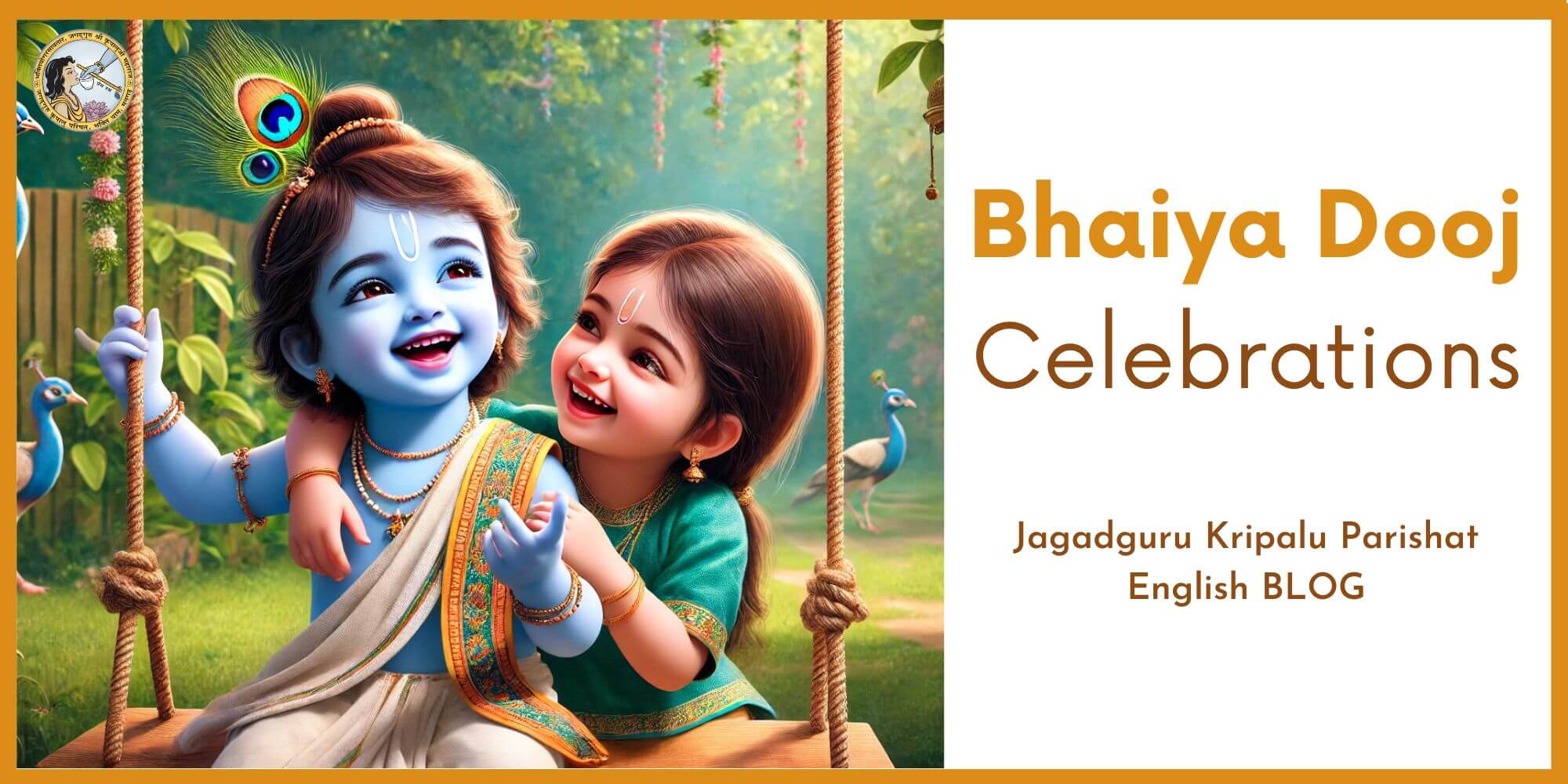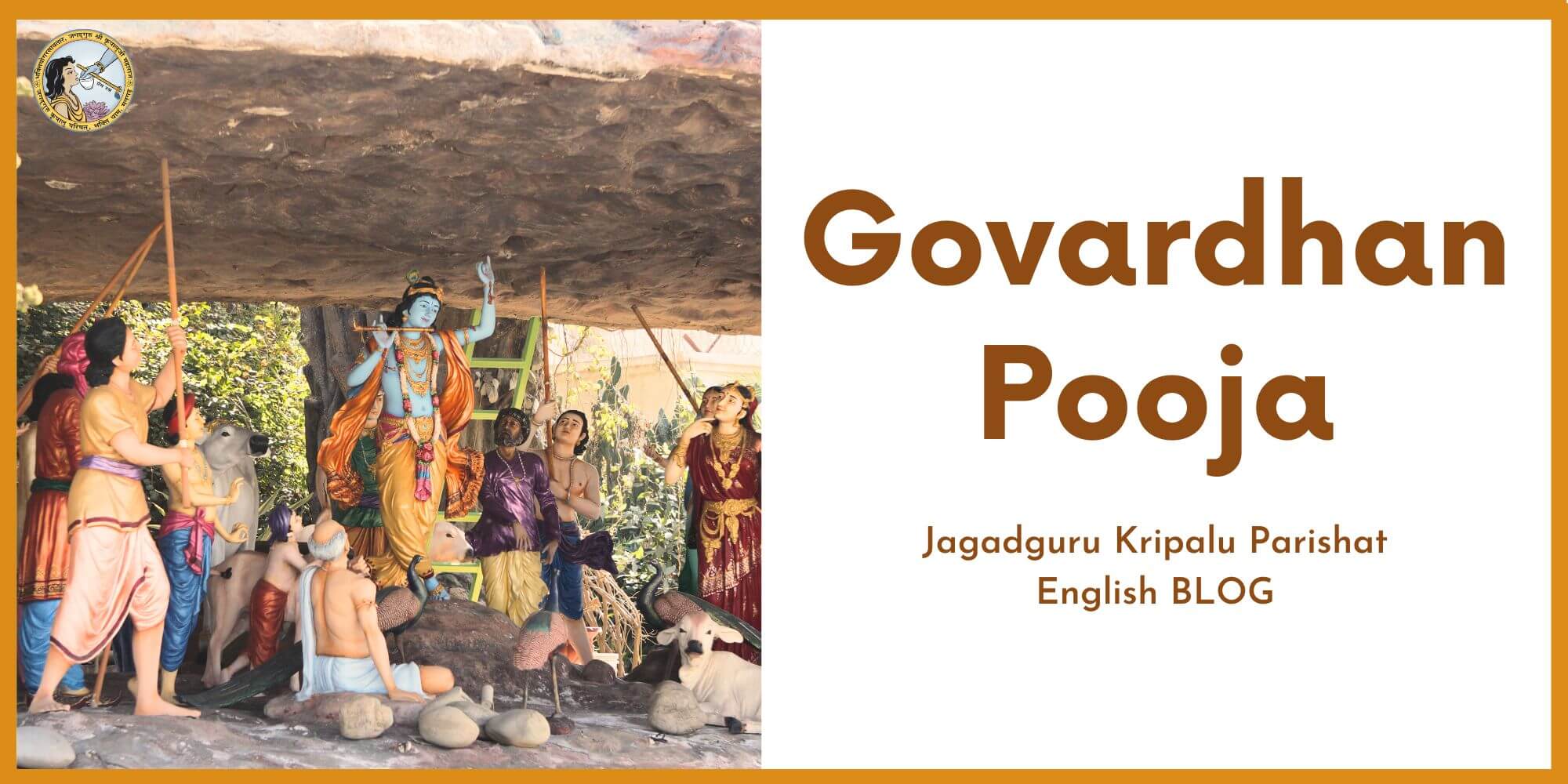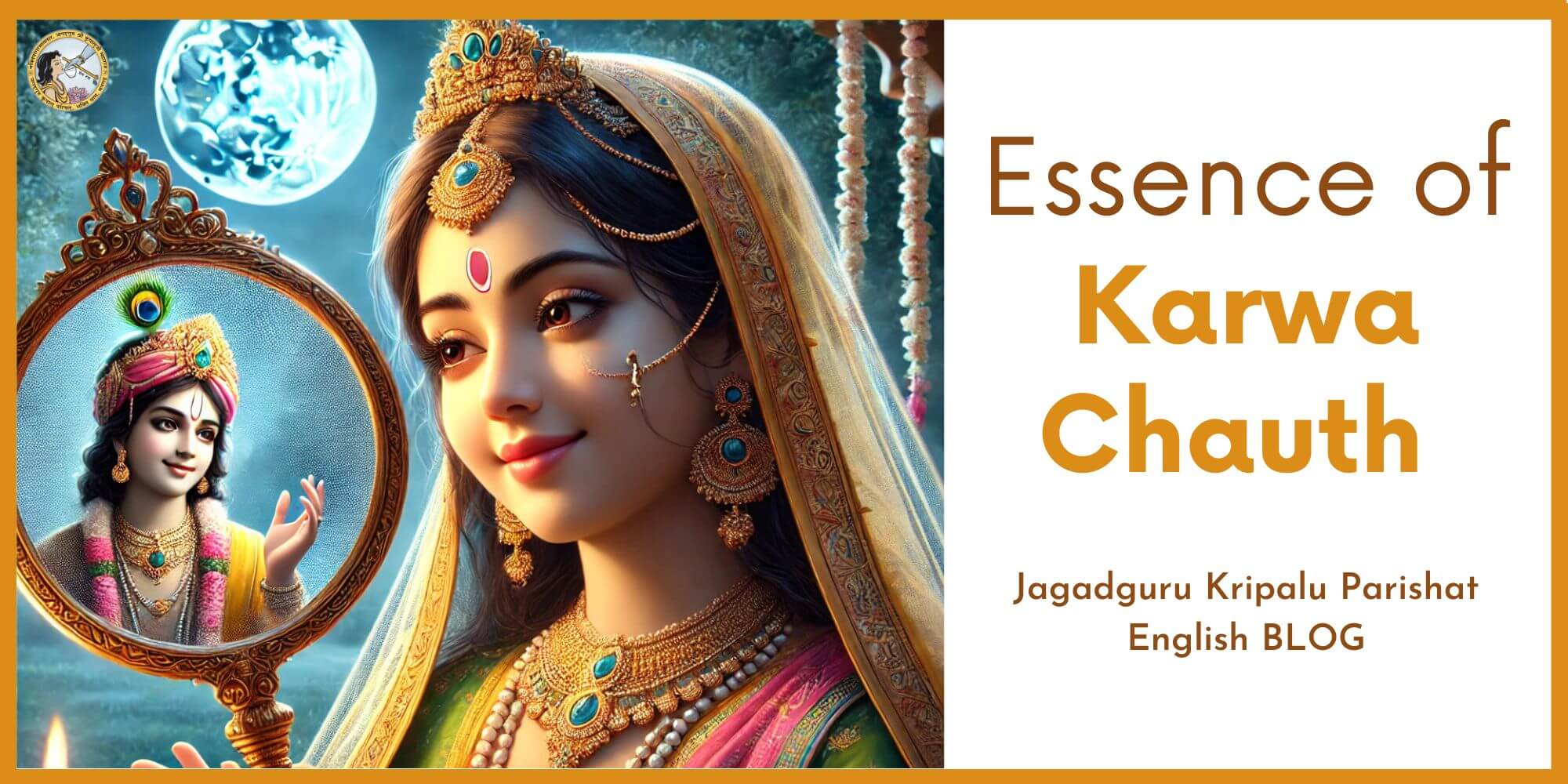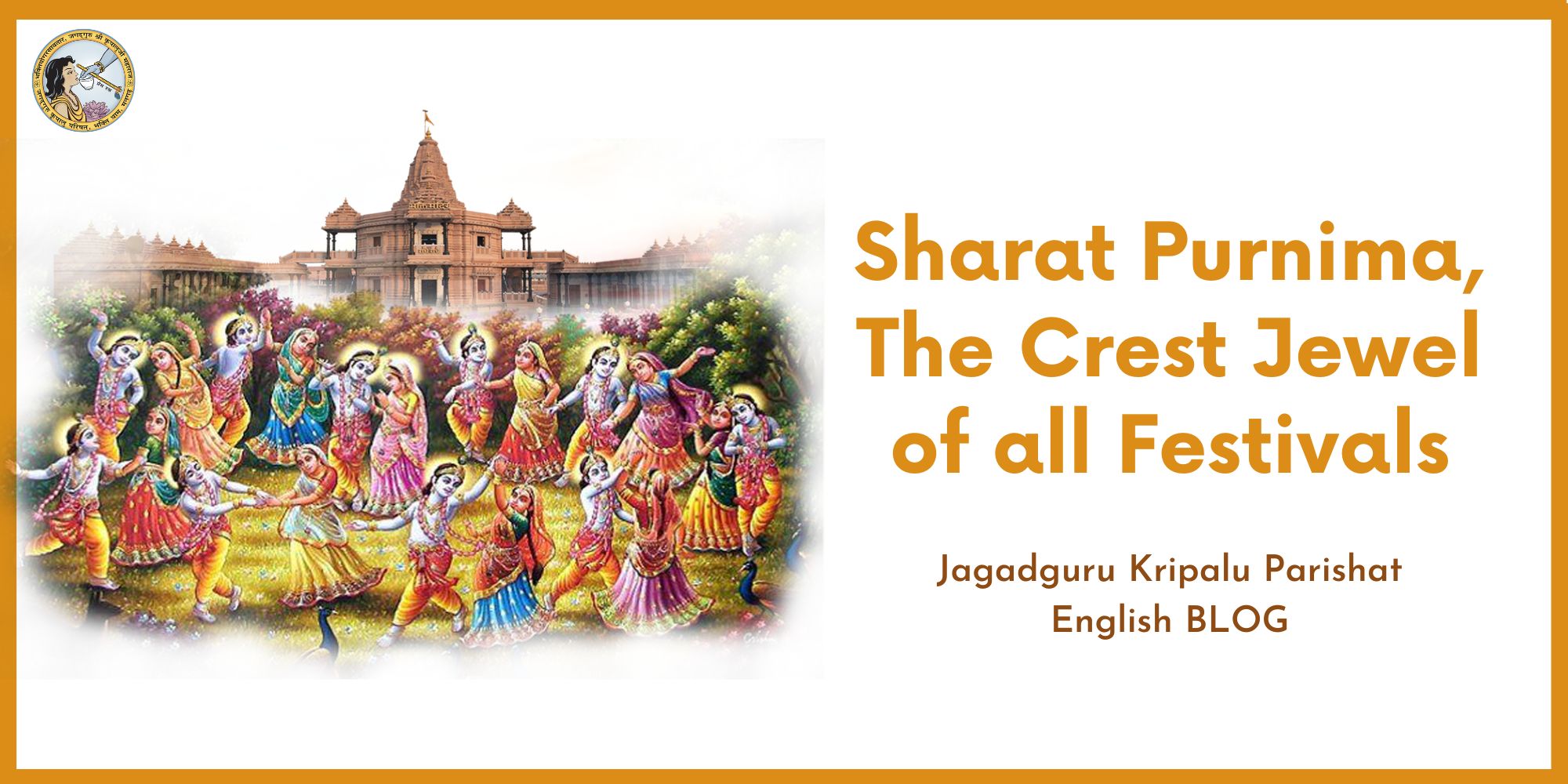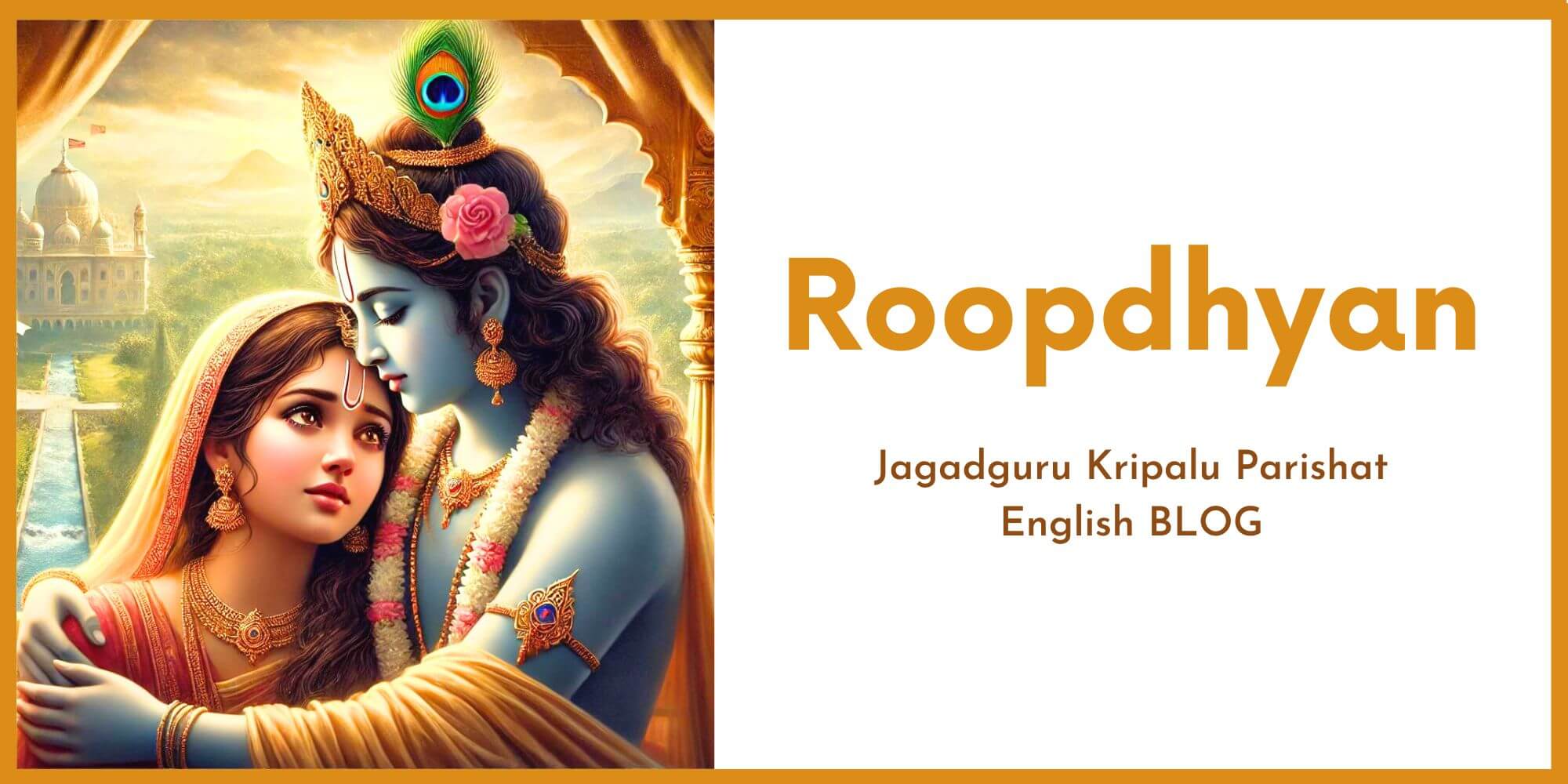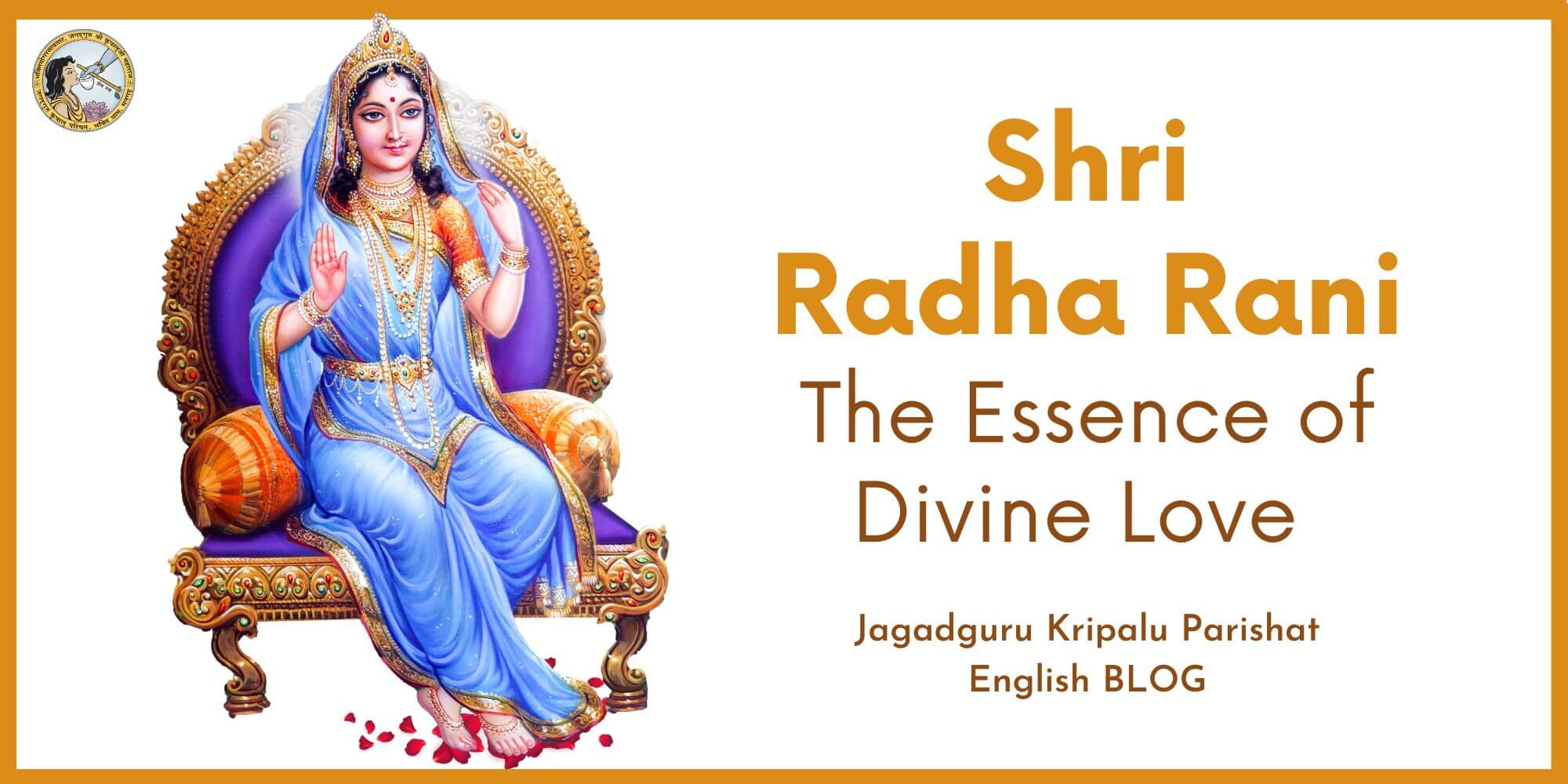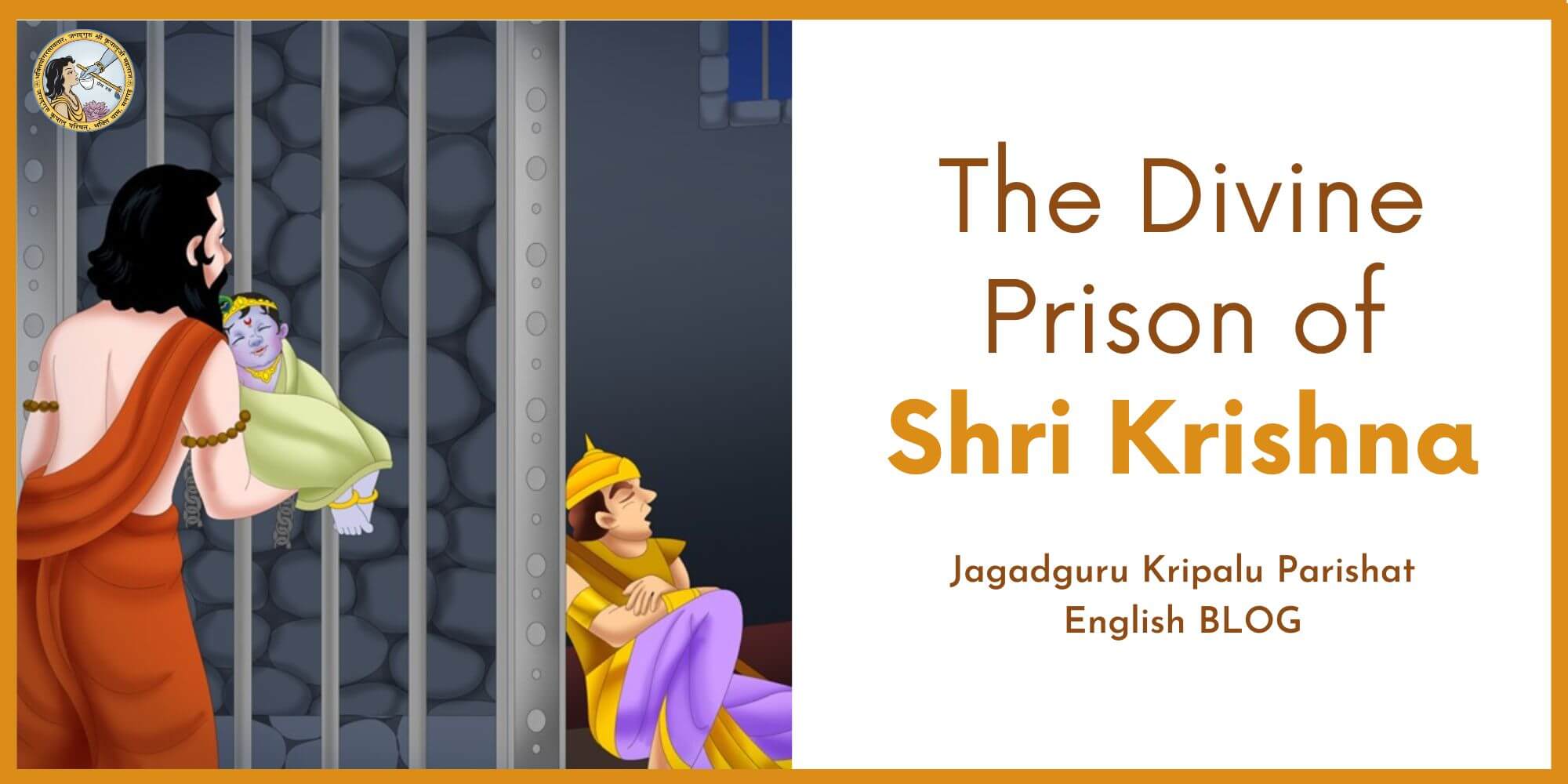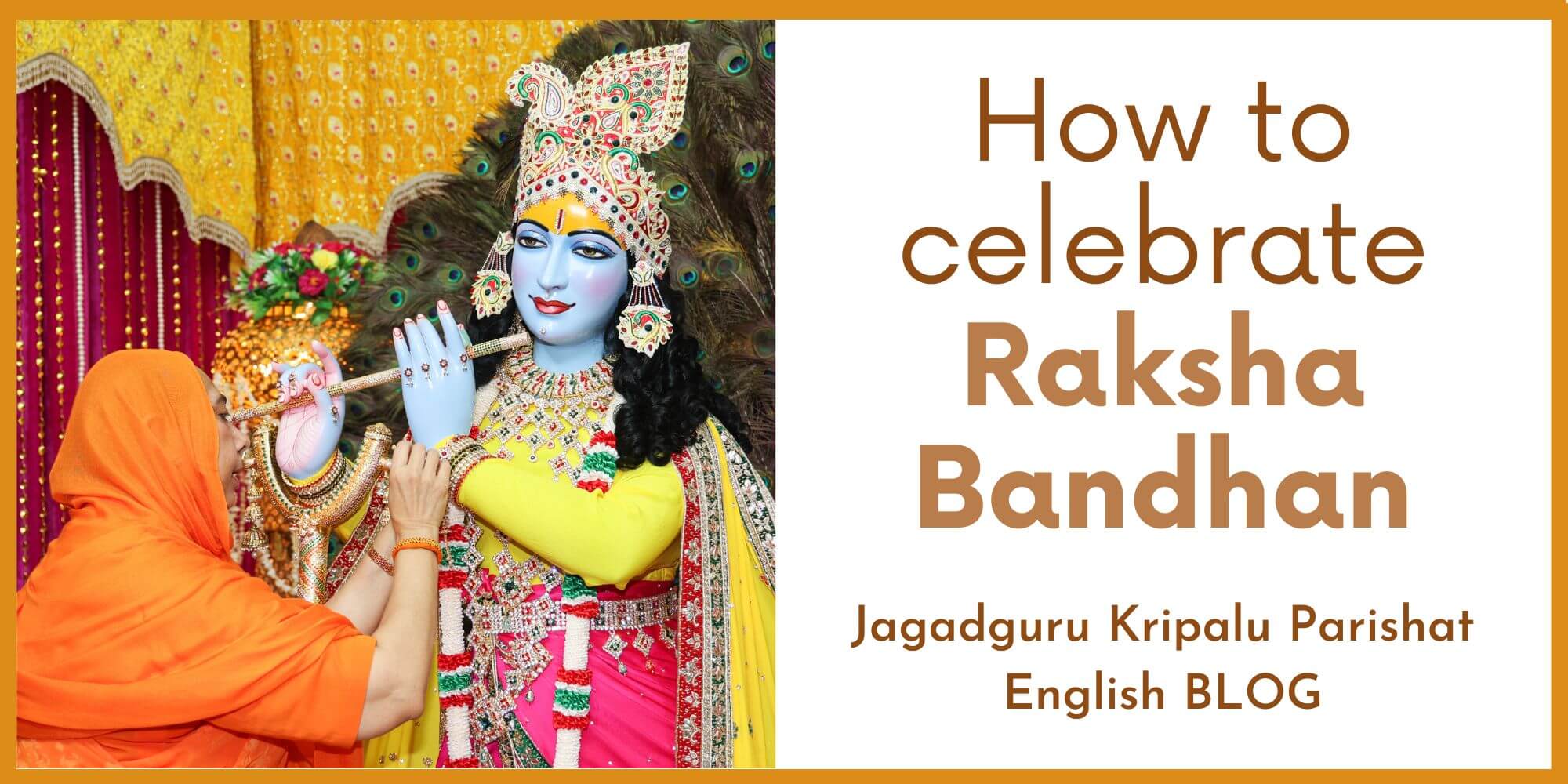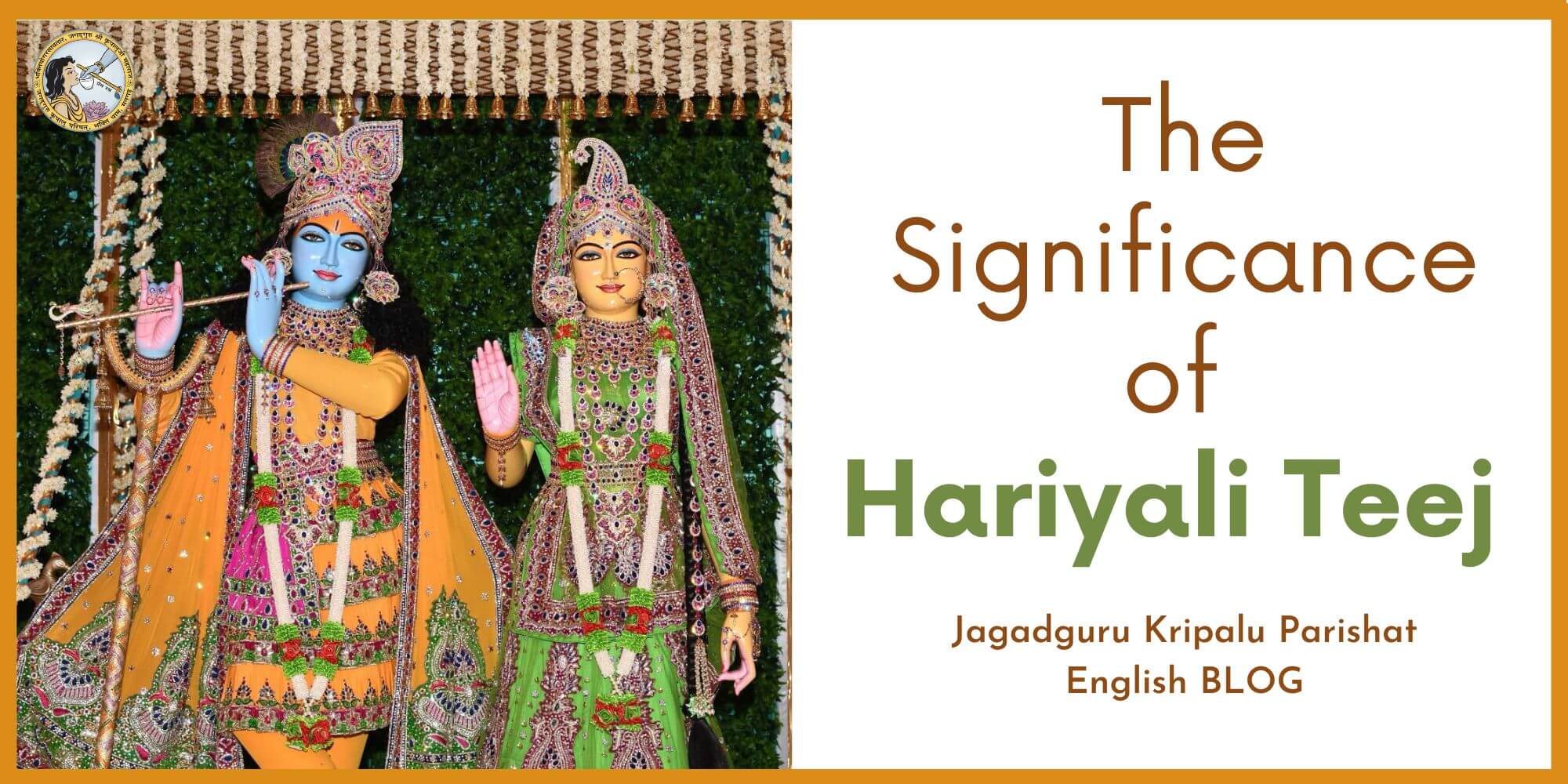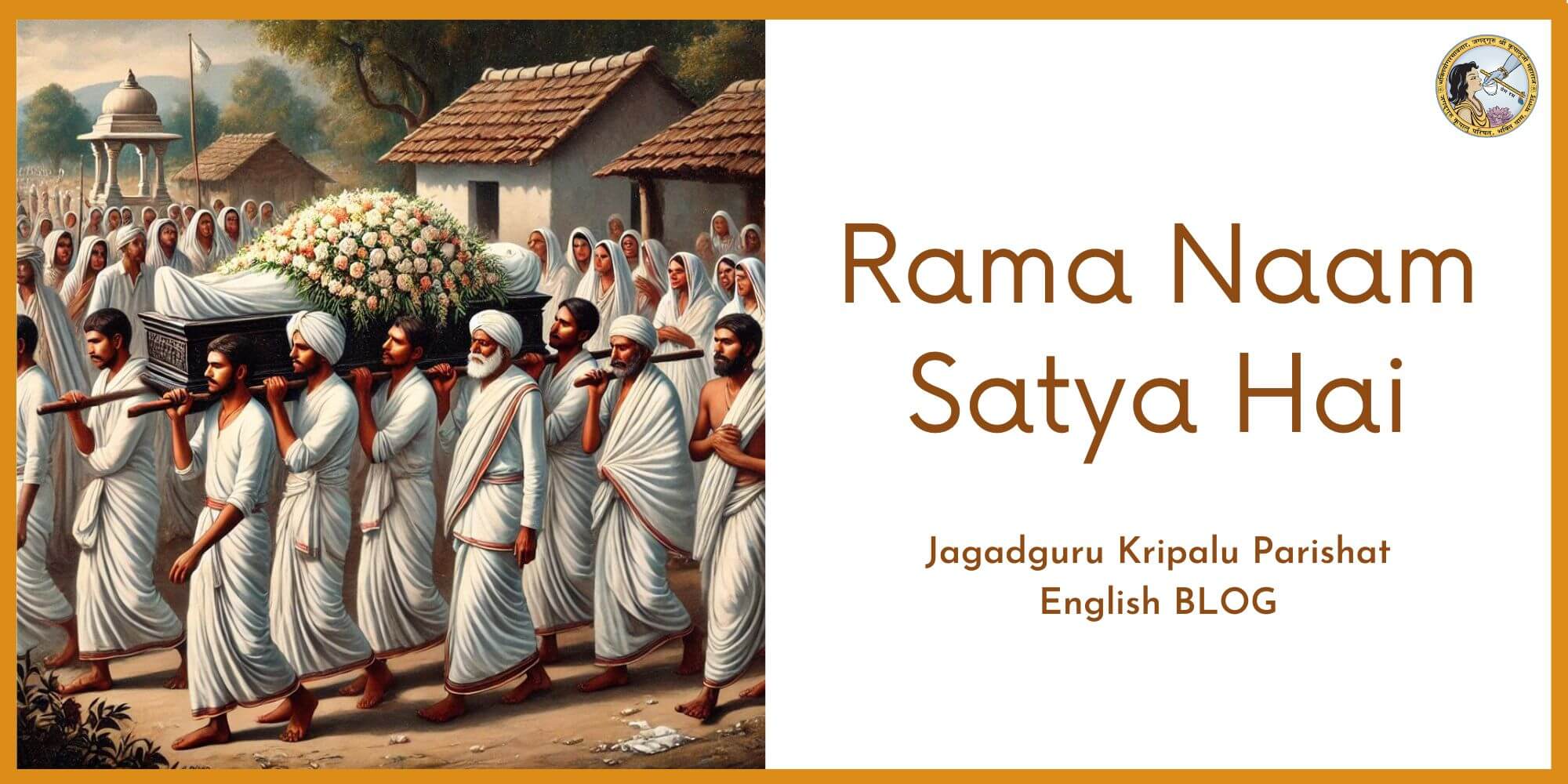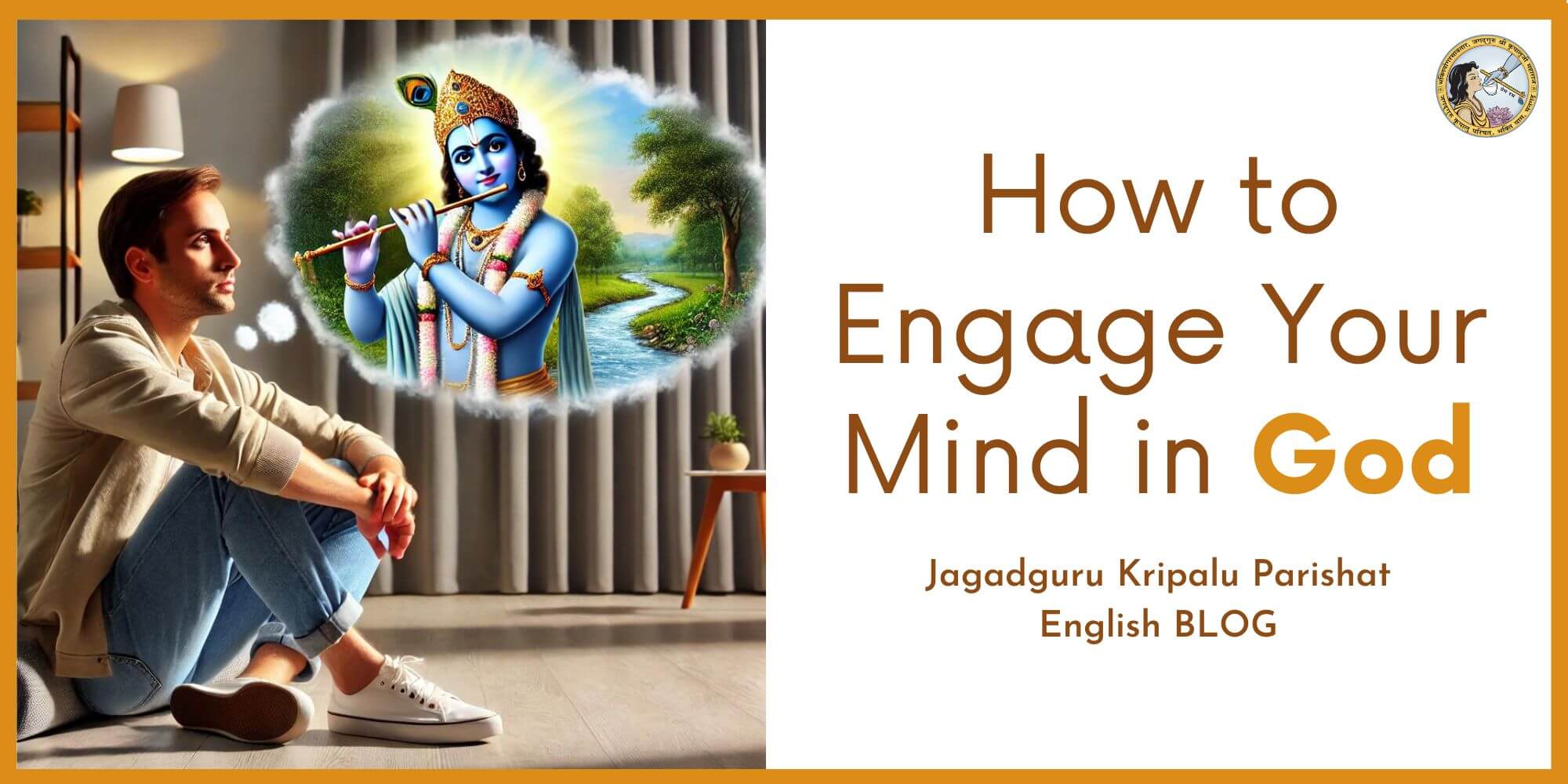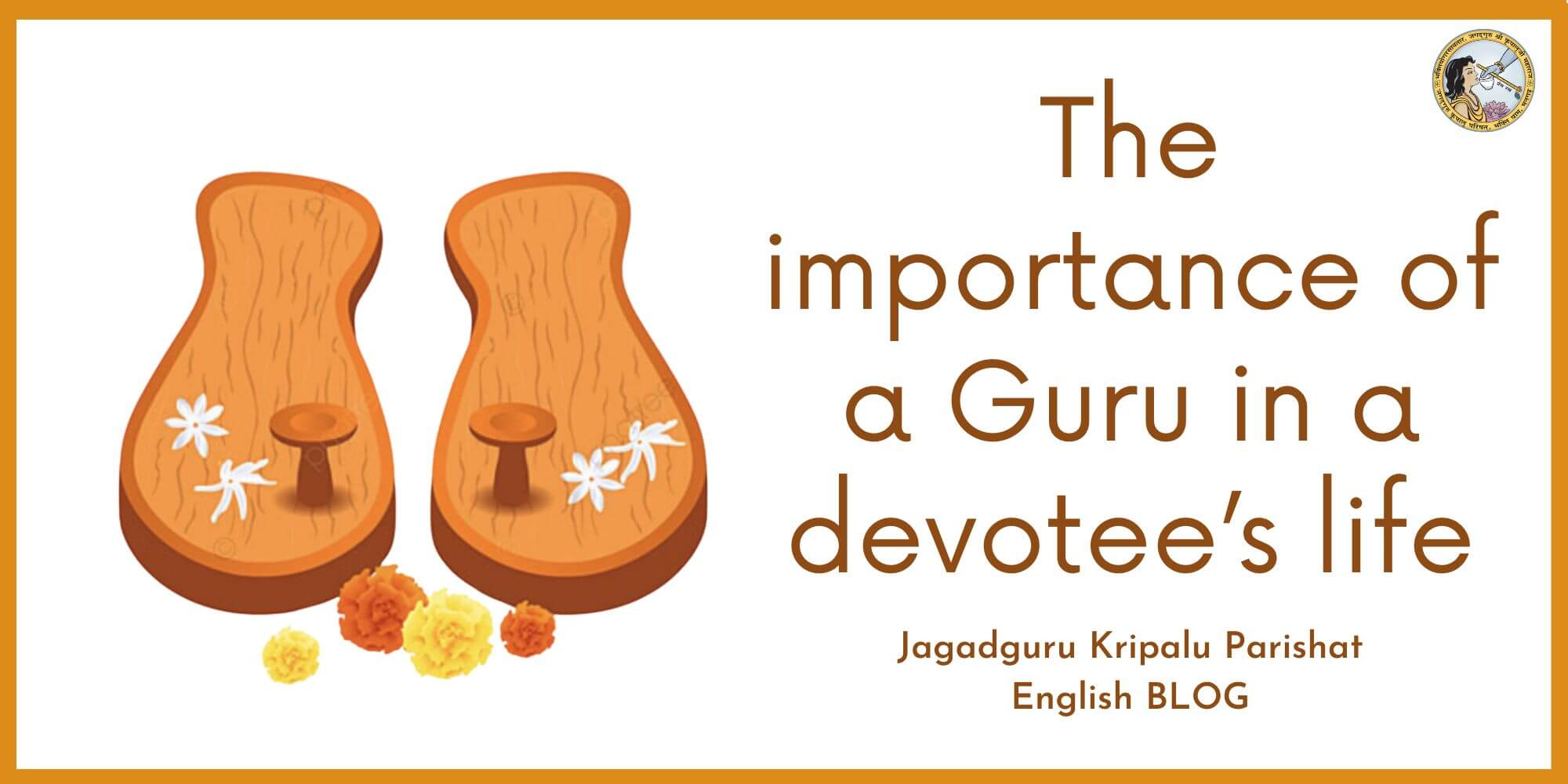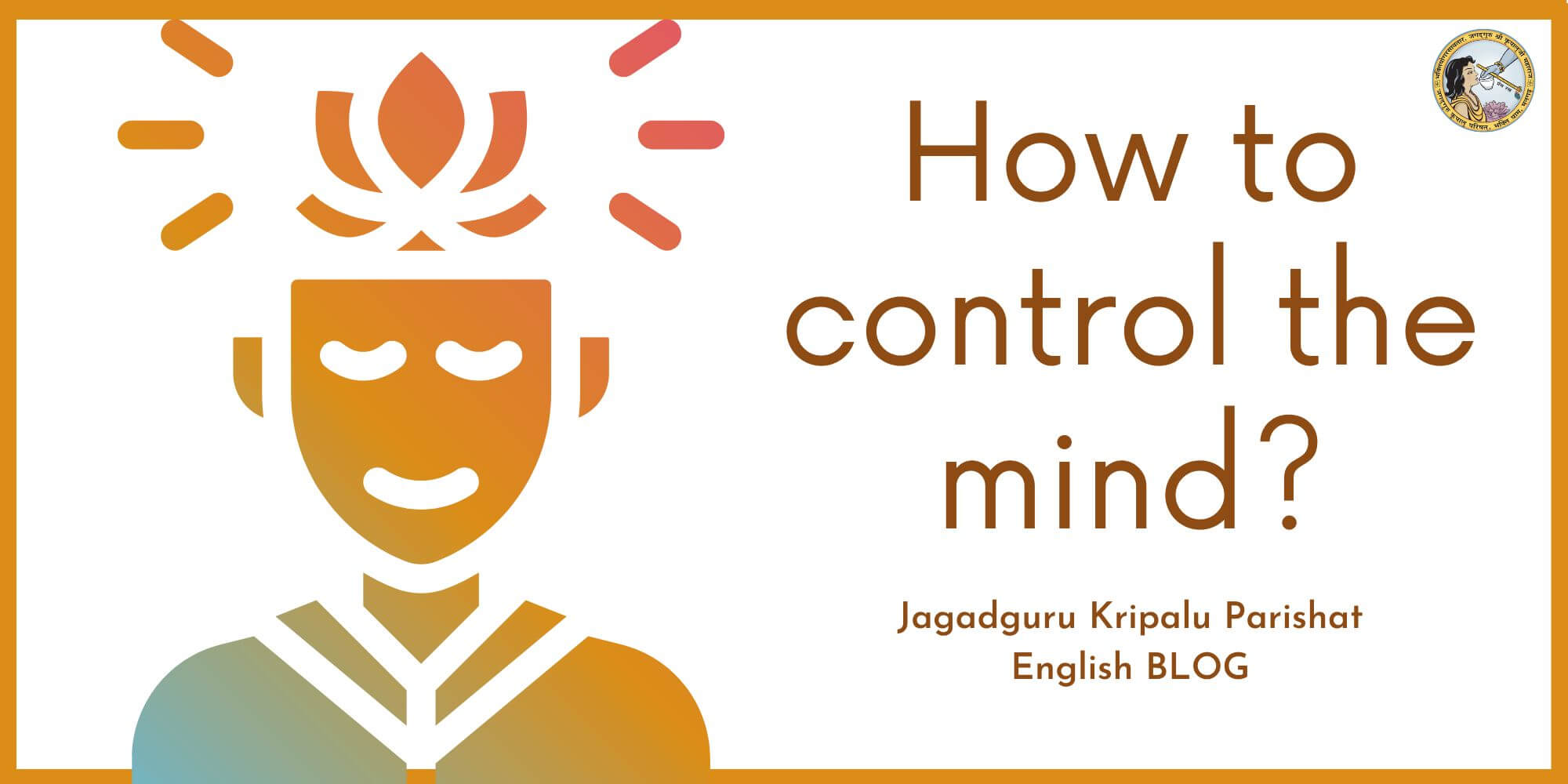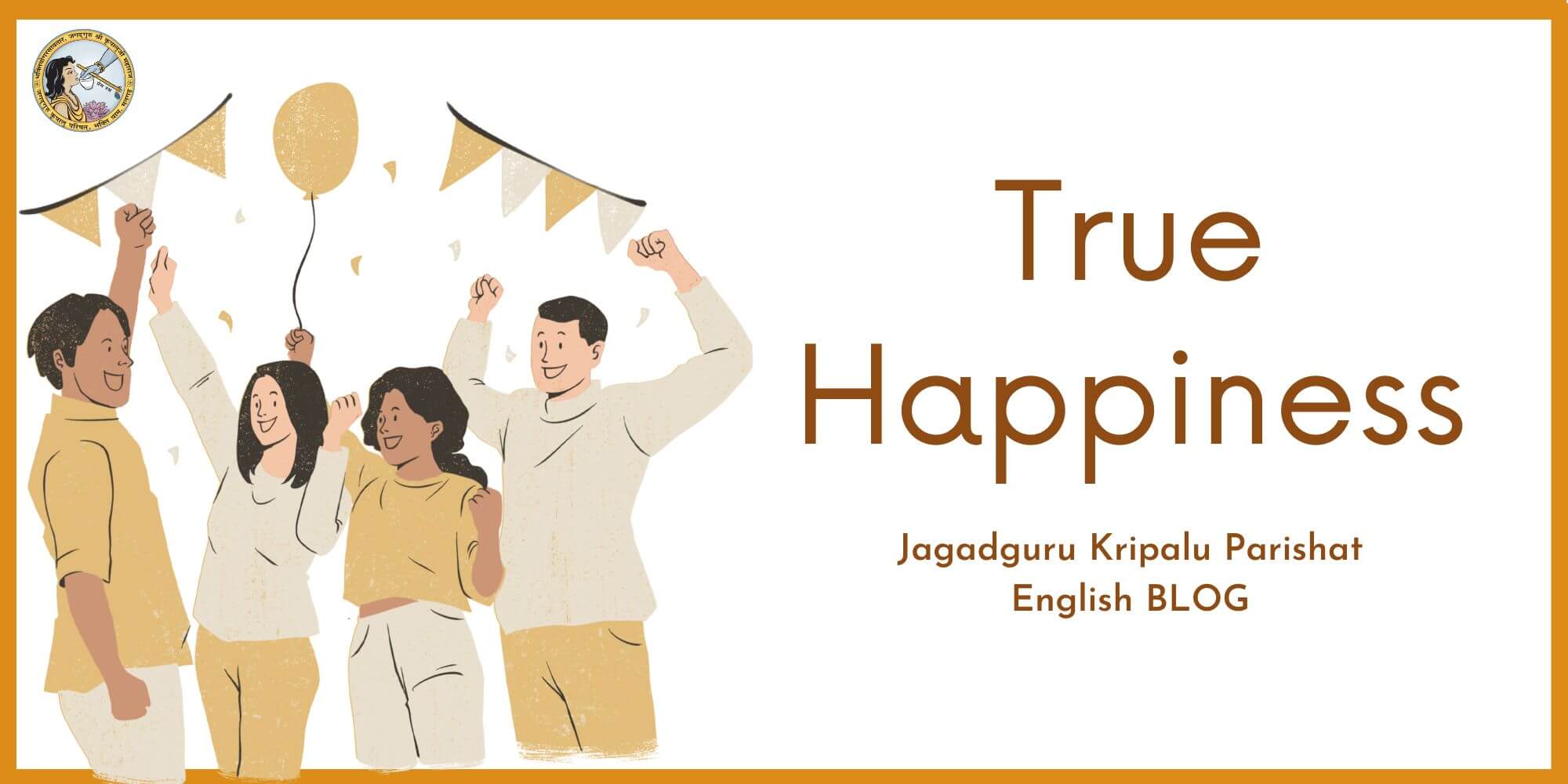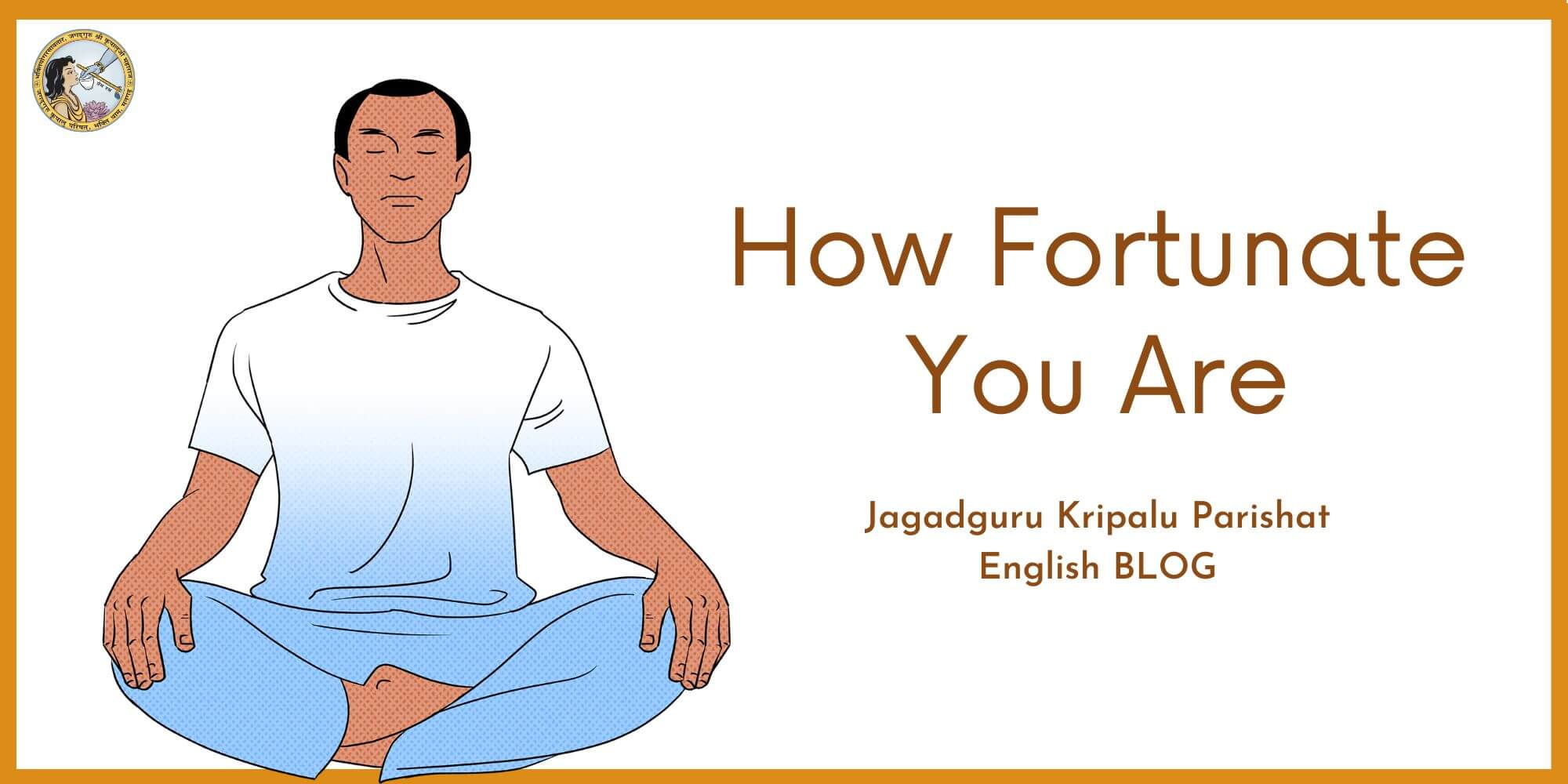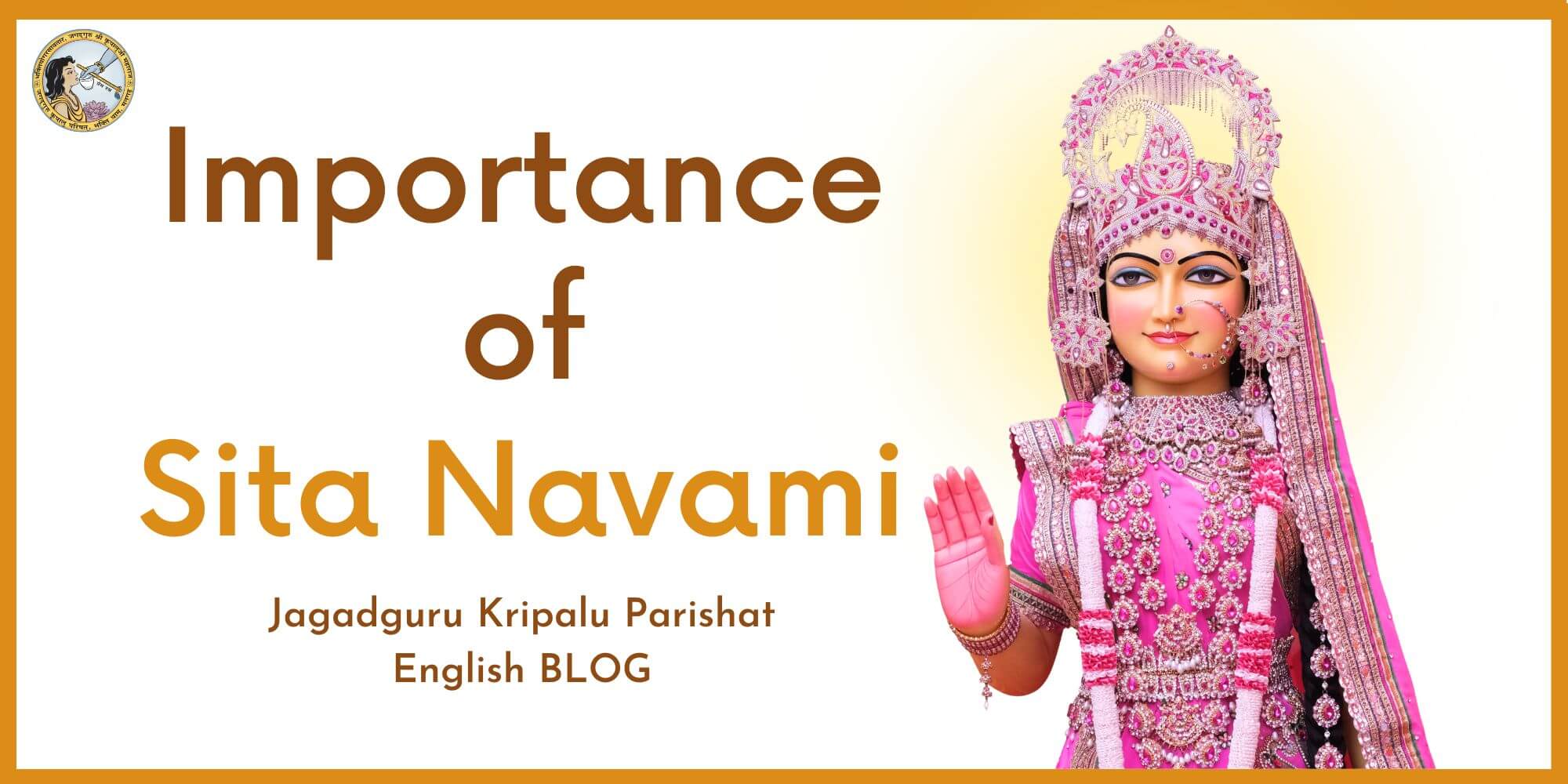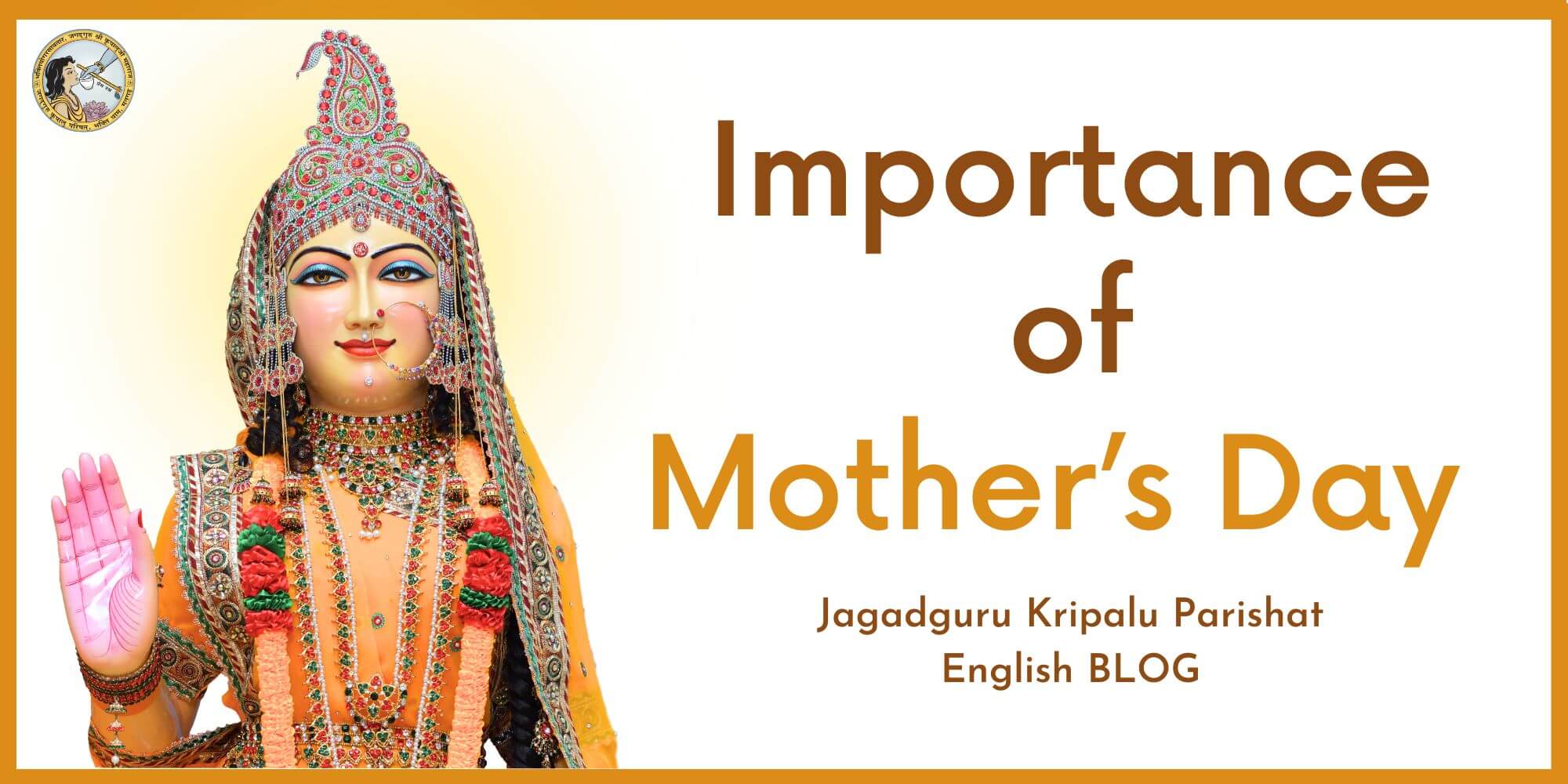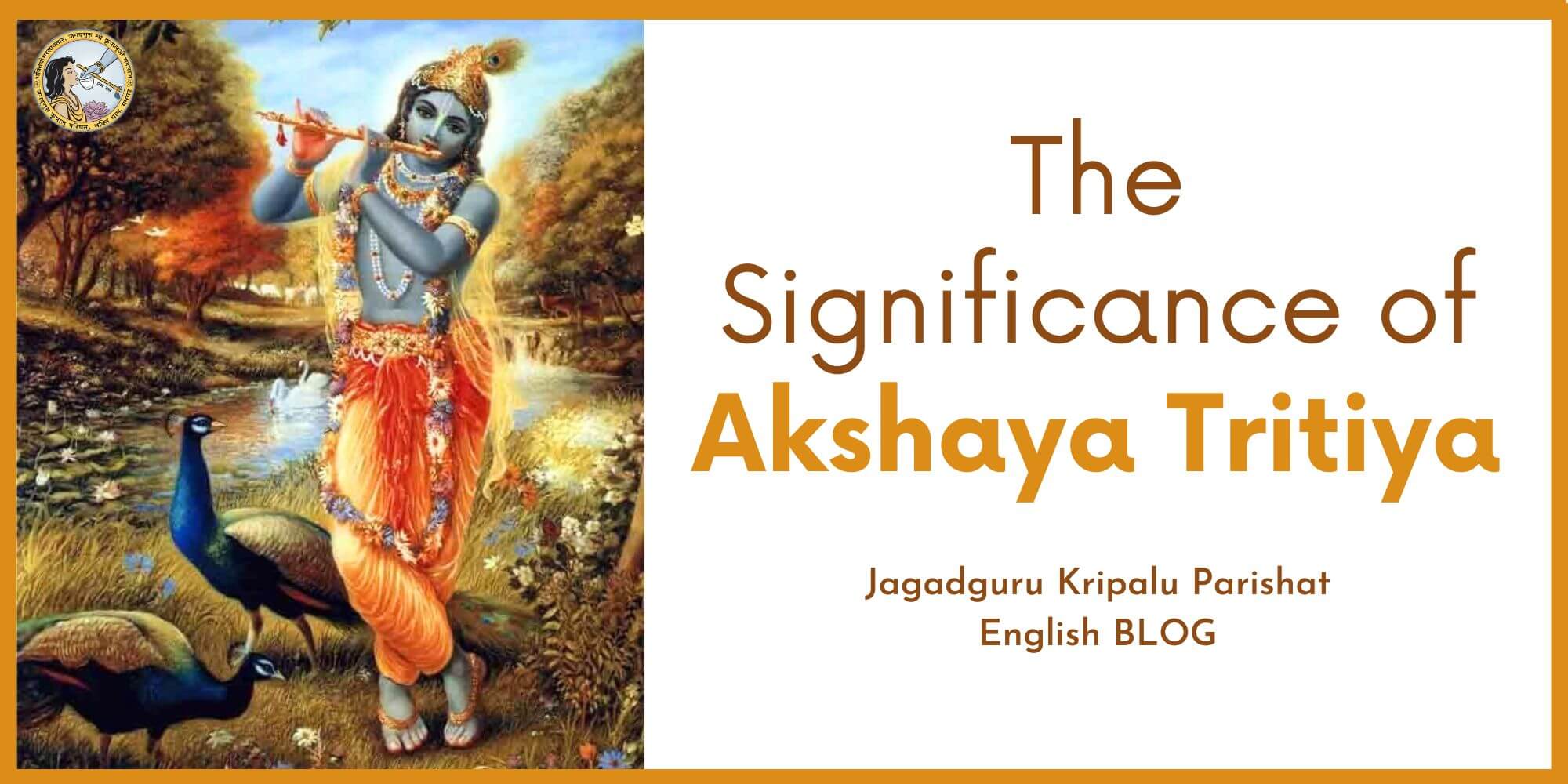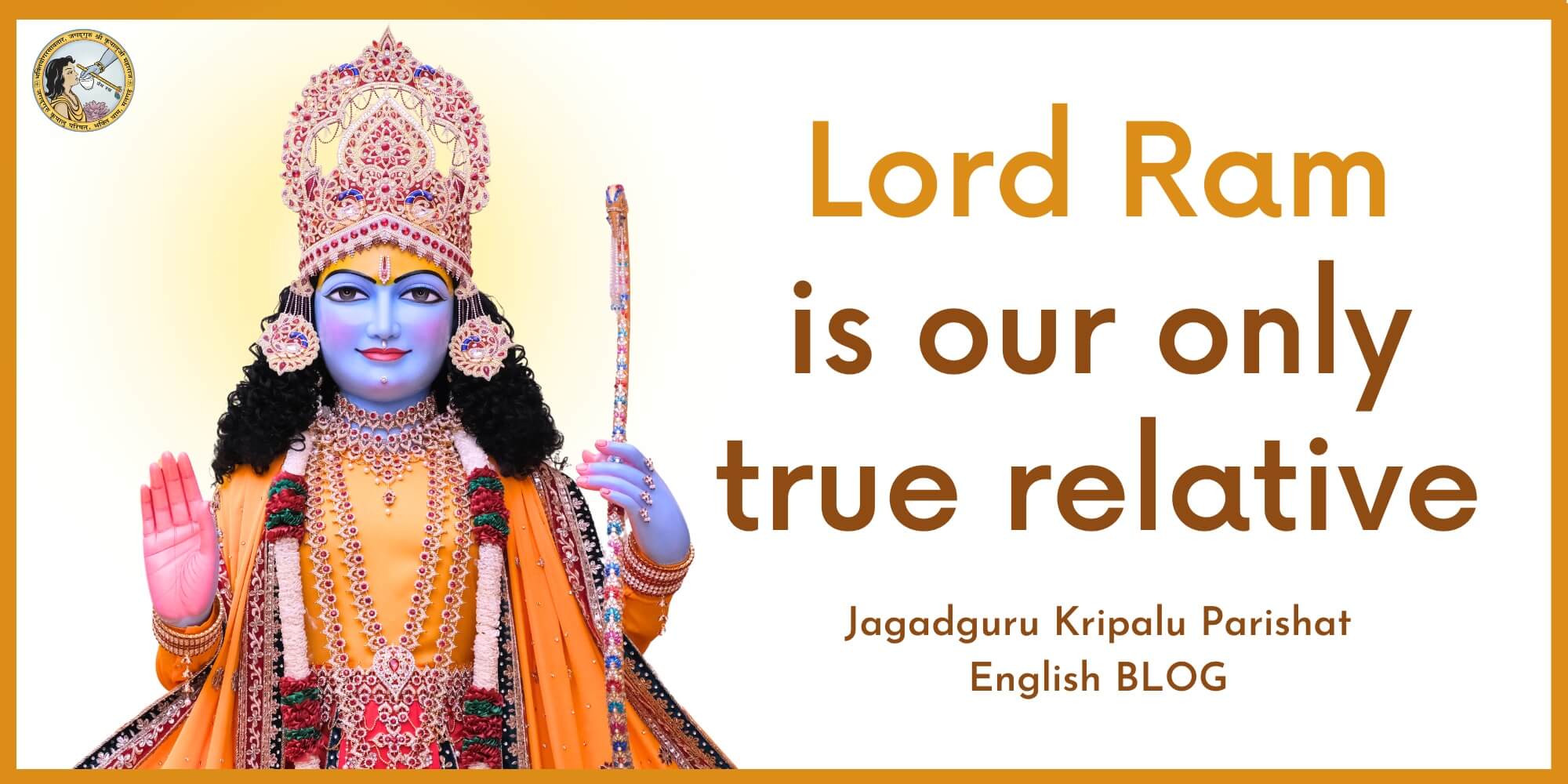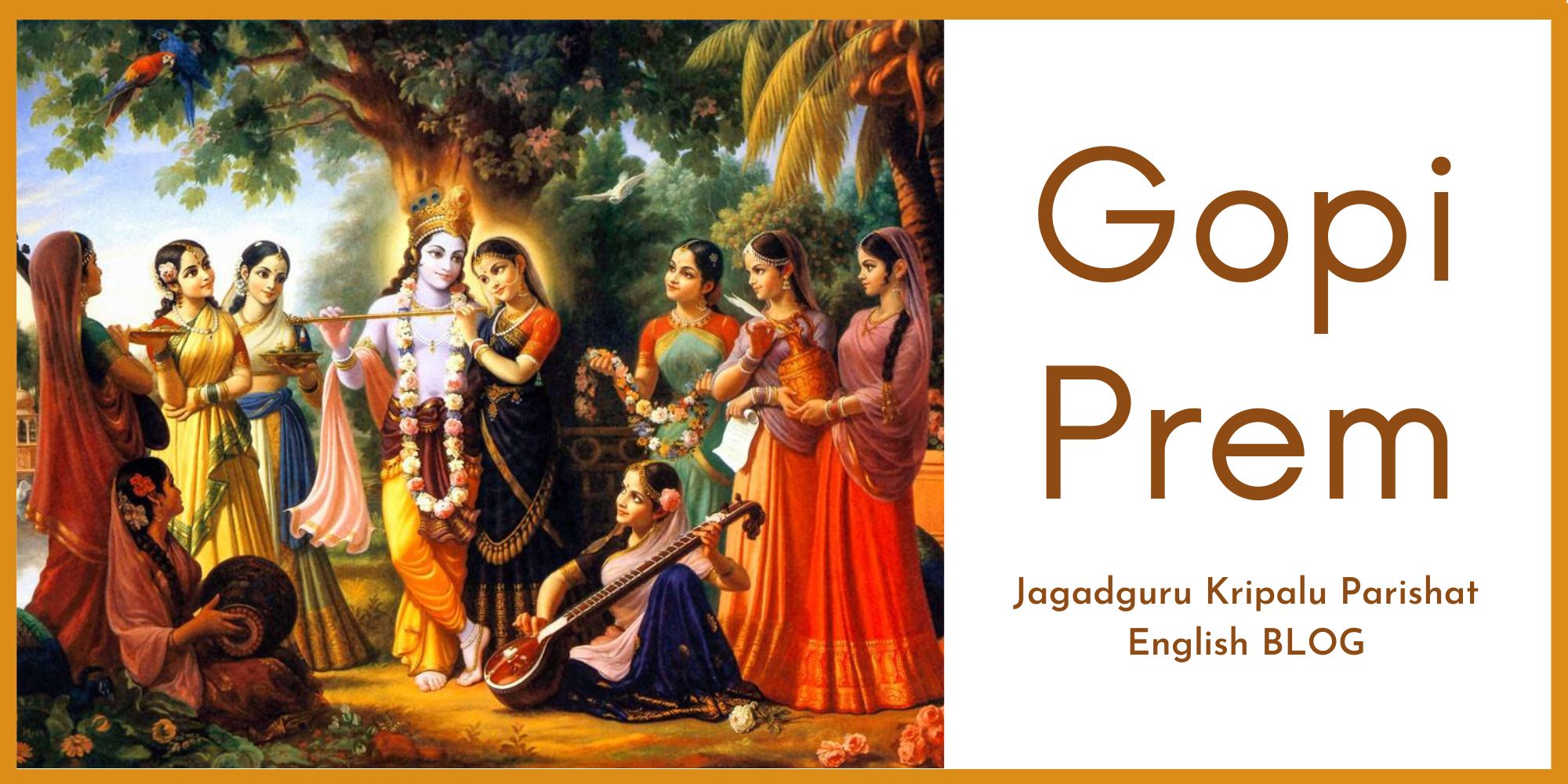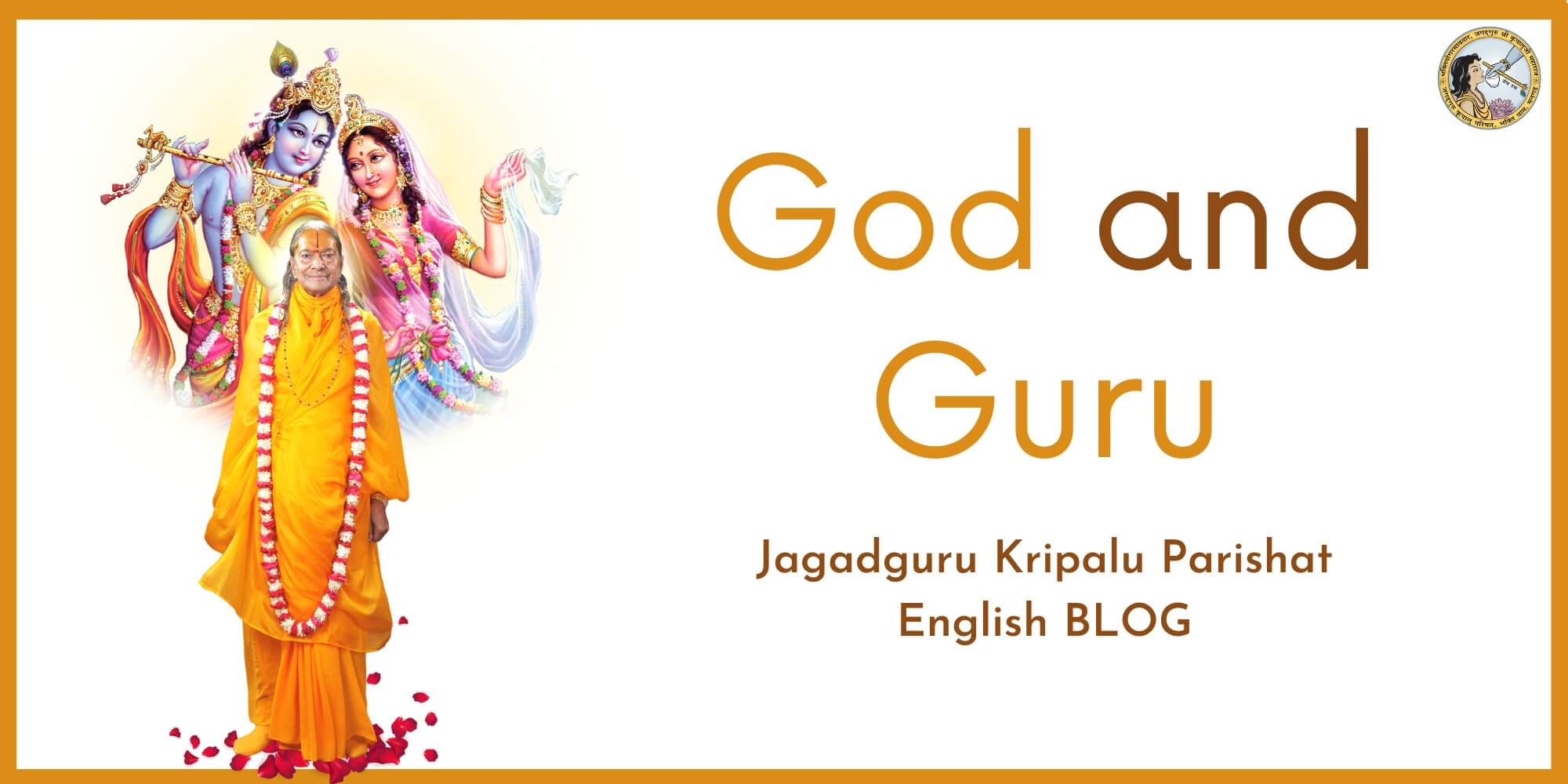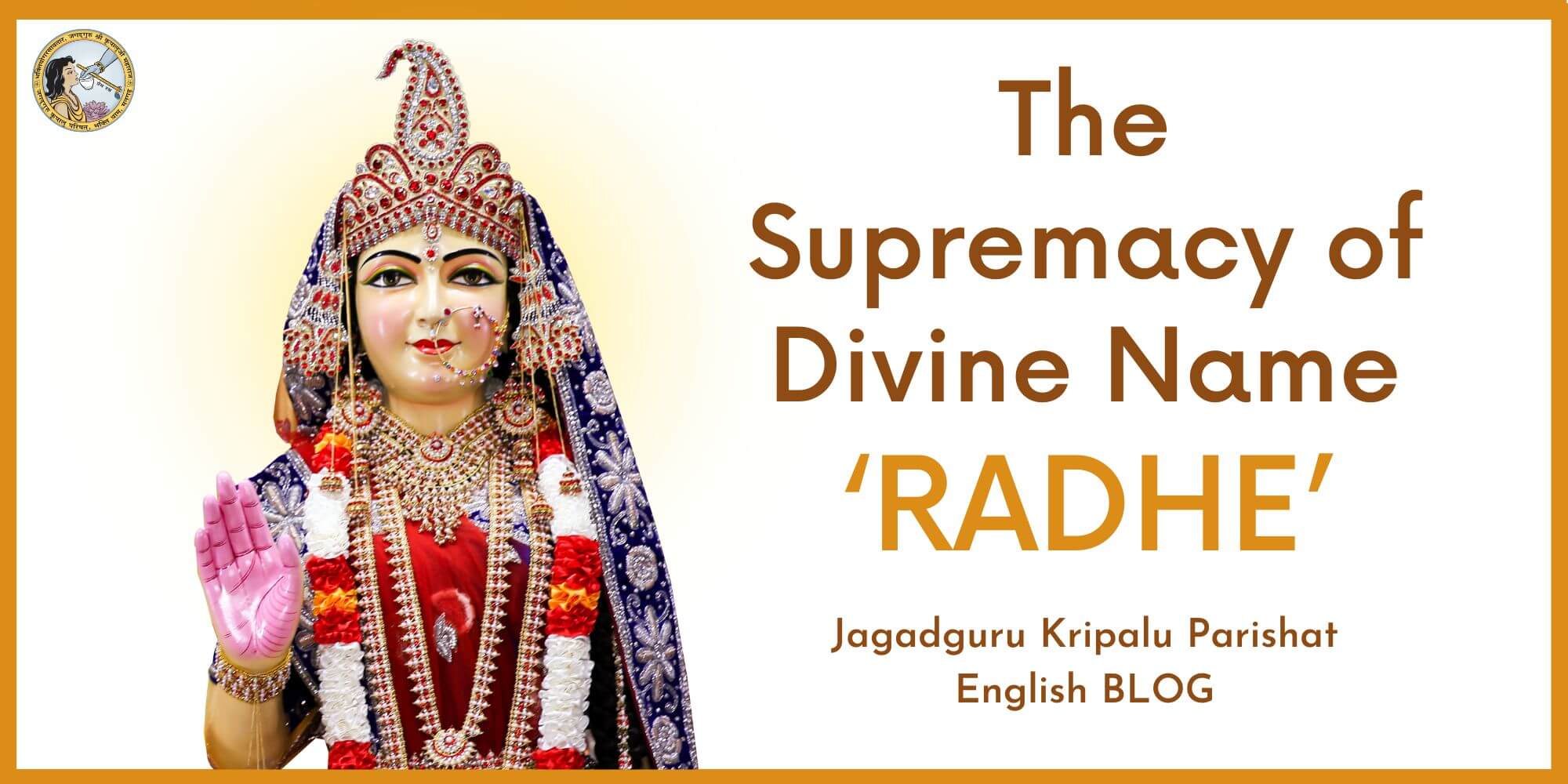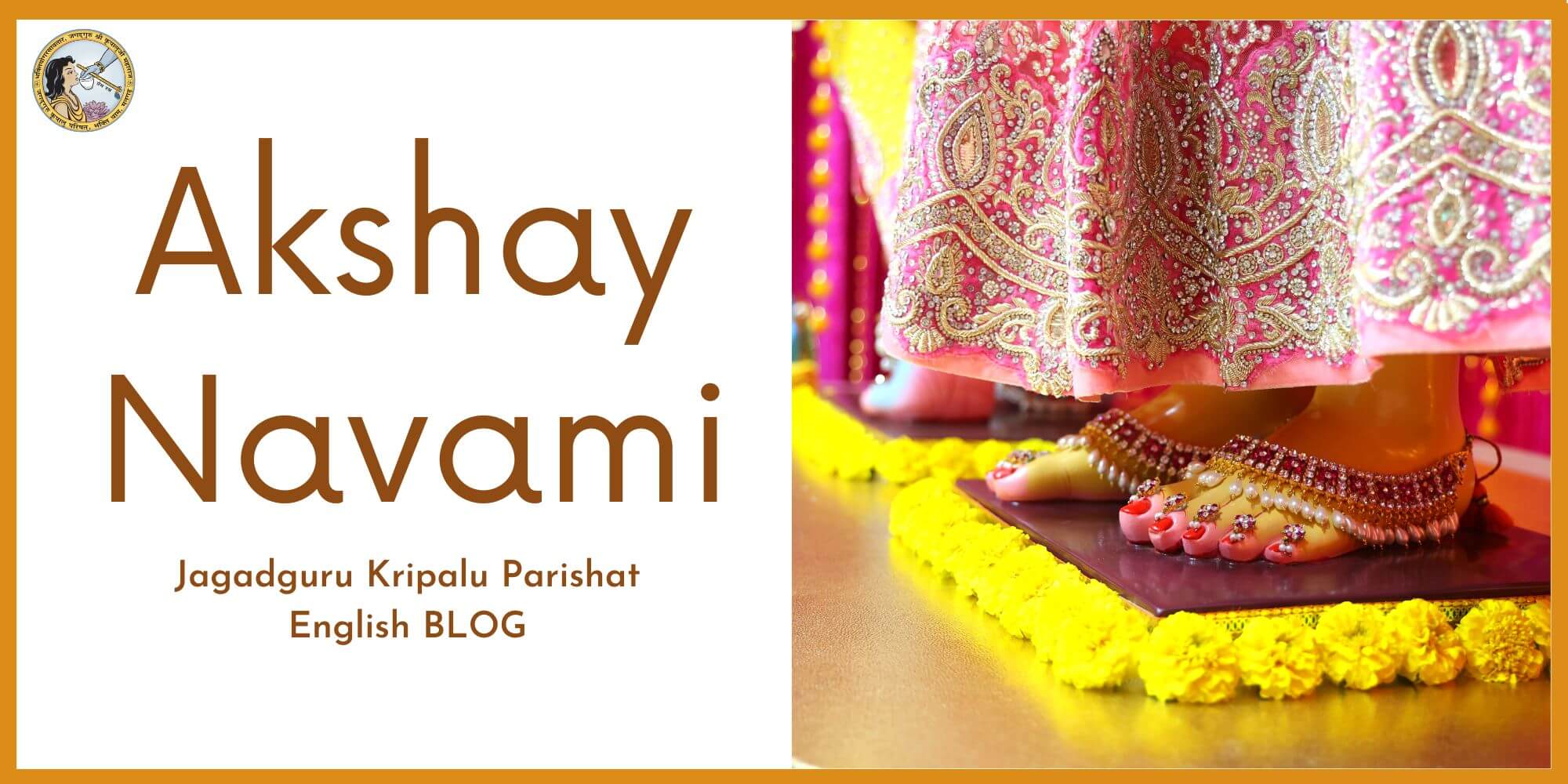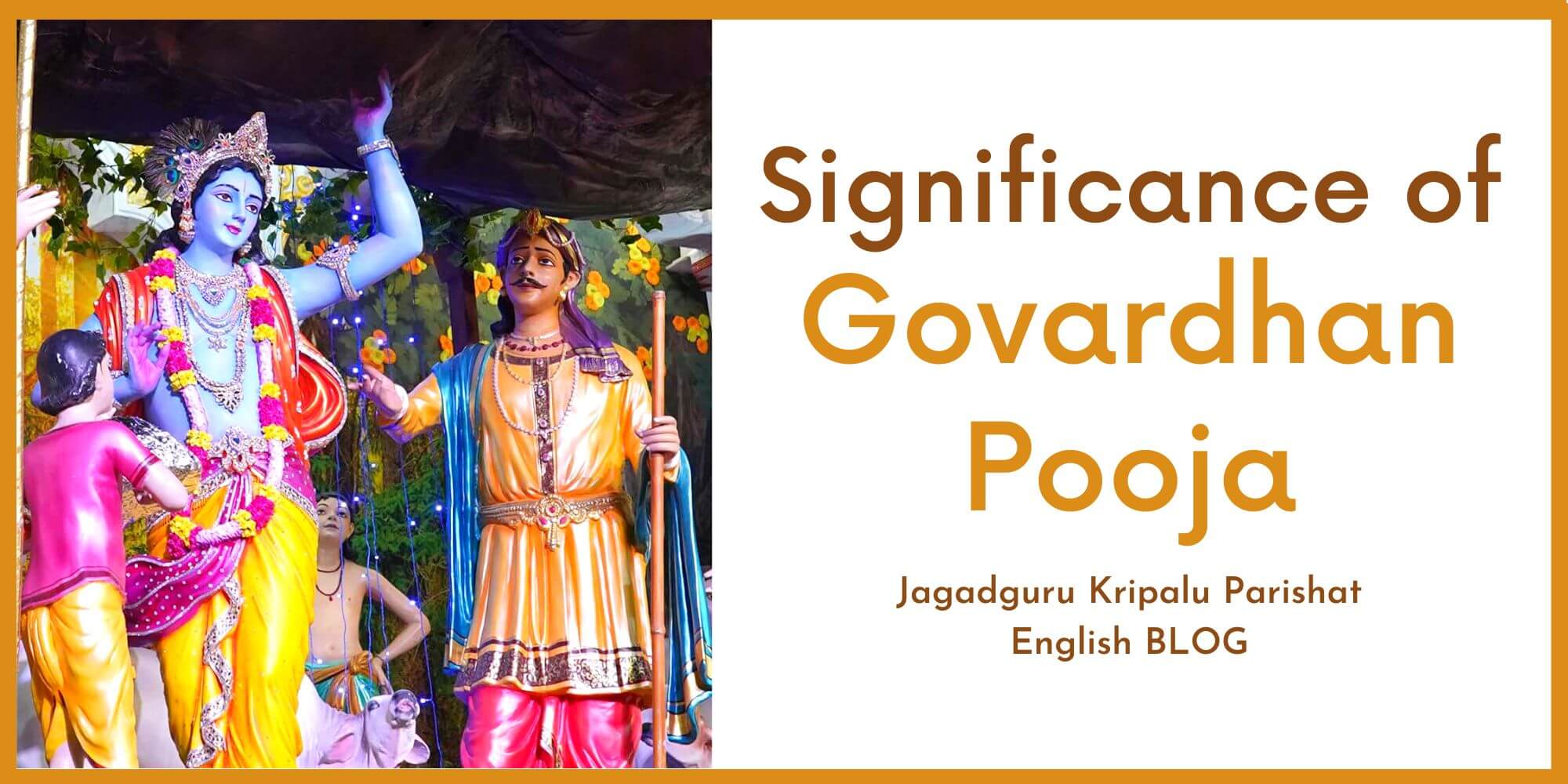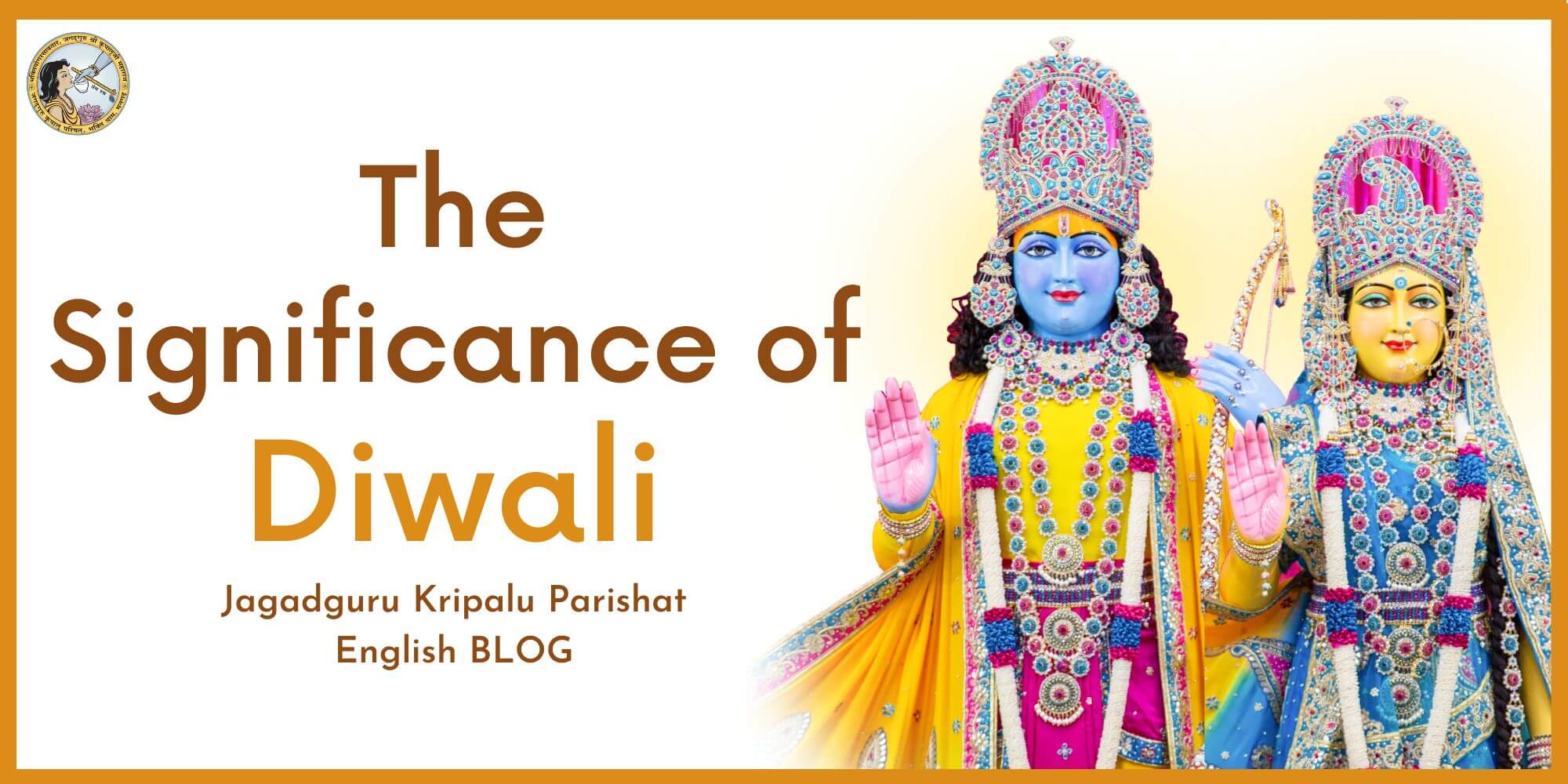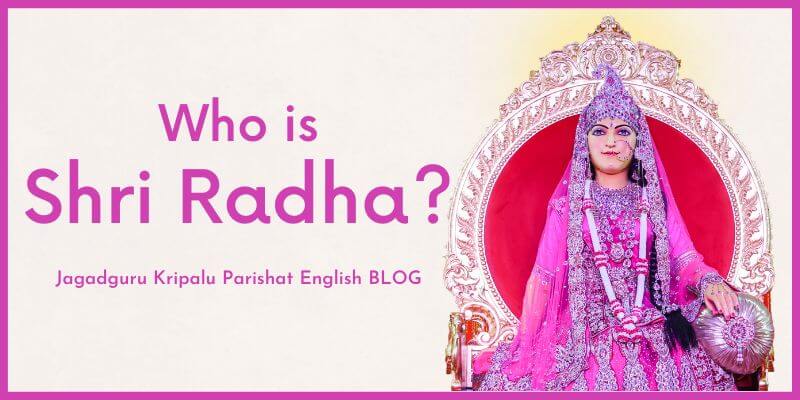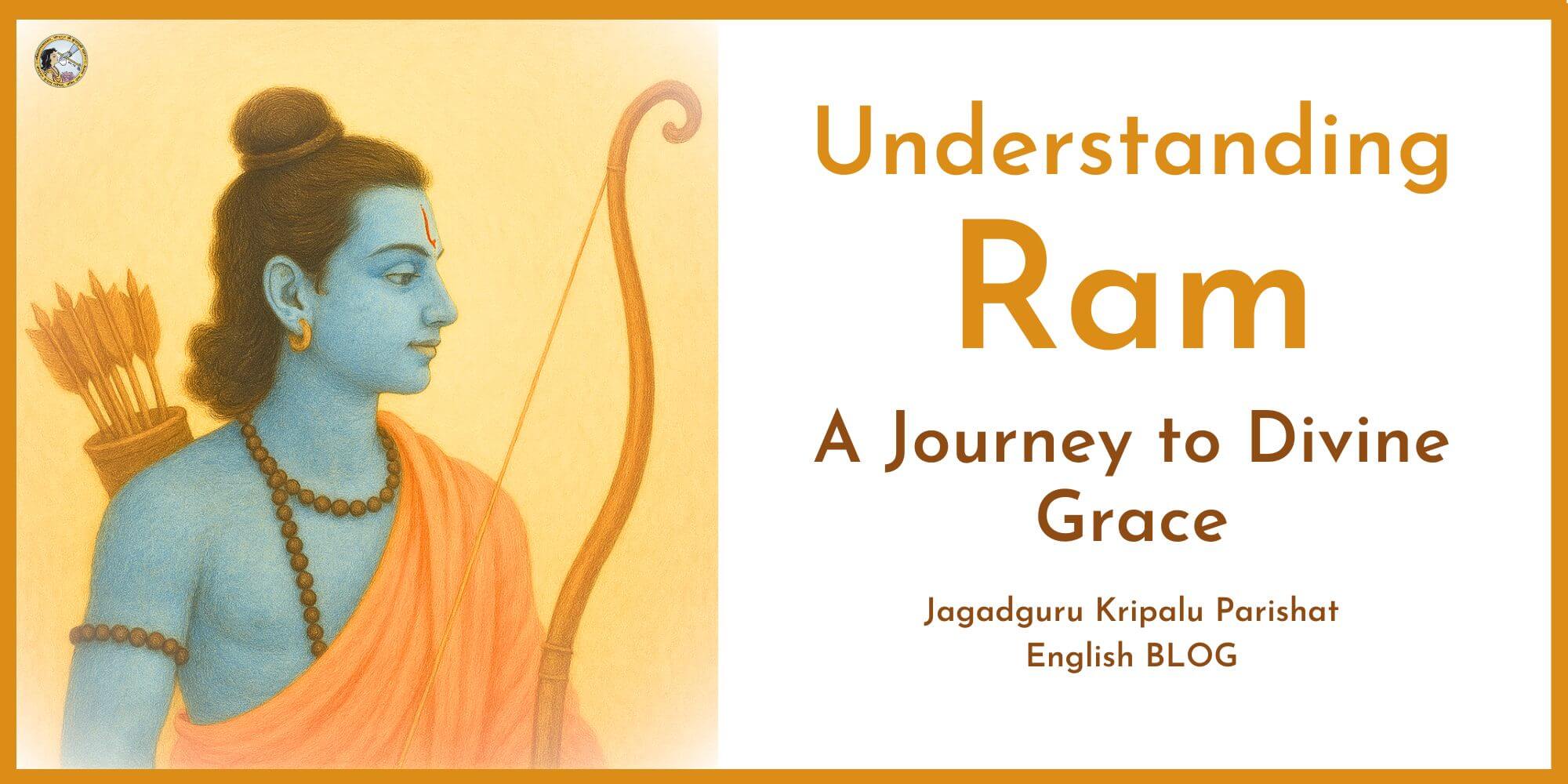Why do we have mood swings?
(The Philosophy of Sanatan Dharm)
One day we wake up feeling on top of the world, and another day, we feel sad and dejected for no good reason. Why is this so? Observe the constantly fluctuating and unusual nature of the world. There is a predominance of the three gunas, or the modes of Maya, in the mind of each and every individual. These gunas are sattva, rajasa, and tamasa, and they are constantly fluctuating. Sometimes sattva guna predominates, sometimes rajaguna, and sometimes tamaguna governs the mind.
When the sattvika mode governs the mind, a person is calm and serene. When the rajasika mode prevails, they become active, hopeful, and ambitious for power, passion, and profit. When the tamasika mode predominates, they become very lazy and violent. Now, since these gunas fluctuate constantly, every individual has varying temperaments and moods throughout the day.
Another fact about the gunas is that there is no guarantee about which guna will predominate at any given time of the day. Normally, the atmosphere or environment that a person stays in most of the time determines which guna will predominate and which two will become subordinate.
There is one more point to reflect upon. Due to a lack of sattvika qualities and thoughts, it is only when a person is exposed to a sattvika environment in abundance that they are occasionally dominated by this mode. On the other hand, because there is an abundance of rajasika environment, a person is easily overpowered by this guna even with the slightest association. The tamasika guna, however, is the most powerful guna of all.
Suppose you are praying, you are now in a sattvika environment. At that moment, you are approached by your wife or son who addresses you lovingly. You see them, hear them, and by receiving their loving touch, immediately enter into the rajasika mode. Just then, your neighbor also comes in and angrily says, “You are the biggest rogue I have ever met!” The moment you hear that, you become angry and go from rajasika to the tamasika mode. This is an example of the constant play of the fluctuating gunas on each and every individual.
With these constantly changing gunas, how is it possible for anyone to have steady feelings and faith in God and the Saints? Sometimes, we consider God to be merciful, sometimes we think of Him as an impartial judge who merely dispenses the fruits of our actions, and at other times we blame Him for being cruel and even go to the extent of cursing Him. “What injustice is there in the court of God! My neighbor just had his thirteenth child, and I had only one child, and he too died today.”
When each and every person suffers from this disease, the wife, husband, father, son, friend, and so on, then how can the relationship between two people remain constantly amicable? Amity may be possible only by sheer coincidence, such as when two individuals are dominated by the same guna at the same time. But even in this case, harmony may not necessarily result because though the guna is the same, there is always a difference in the degree of intensity of the guna in each person.
Take, for example, a husband and wife who were both dominated by rajaguna. They agreed to spend the evening at the movies. However, on the way to the theater, they heard a spiritual discourse. Although both were exposed to the same spiritual environment, their reactions were entirely different. The husband was unaffected by the inspiring words of the preacher because at that time, rajaguna was very strong in him. In the wife, the rajaguna was less predominant, so the little that she heard of the discourse stimulated the sattvaguna in her, and she suggested to her husband that they should stay back and listen to the entire spiritual discourse. He became angry and stomped off. Such arguments are simply a result of a difference in the degree of the intensity of the gunas in each individual.
The astonishing fact is that you expect the entire world to agree with you all the time, and some of you actually believe that this is possible. If even one person opposes you, you are not only surprised but also miserable. However, if you understood the continuous fluctuating situation of the gunas, you would be surprised if even one person remained favorable to you for even a day.
Each and every person is compulsively dominated by the constantly fluctuating gunas, so why should you be hurt by another person’s behavior? Why don’t you remember that they are afflicted by the disease of the three gunas? They deserve pity. To be angry and upset by their behavior certifies your own madness. Someone says you are ‘bad,’ and it hurts you. The fact that it hurts you proves that you are bad. If you were good, i.e., sensible, then you would have ignored their words by thinking that their state is abnormal as they are afflicted by the three gunas. However, our understanding is the reverse.
A man who is blind is referred to as a blind man. He does not object or feel offended. Why then do you get upset when someone calls you greedy, hot-tempered, or boastful, although you give vent to these feelings several times in a day? You are constantly overpowered by feelings of resentment towards others day and night. You constantly think about and contemplate mere words others have said and frequently resort to vindictive actions. Isn’t this most amazing?
Just try telling someone that they are a little short-tempered, and they will immediately flare up and deny it with an angry outburst. “How dare you make such a comment? When have you seen me angry?” Observe, they are already angry while asking you. This drama is a common part of each individual’s life. A person who suffers from any imperfection is not aware of it because the knowing faculty, which is the intellect, is itself dominated by the three gunas. So it cannot give a judgment against itself.
When a person is less favorable towards us, we are surprised. The fact is that no one in the world is favorable or unfavorable to anyone. When there is harmony in the gunas, for that period, there is friendship. When the gunas are opposed to each other, then there is opposition. If this philosophy is understood, you will not feel distressed when people are unfavorable towards you, and the effort to make everyone favorable towards you will automatically come to an end.
By Jagadguru Shri Kripalu Ji Maharaj (Credits: Prem Ras Siddhant)
*A brief introduction of Jagadguru Shri Kripalu Ji Maharaj*
(Known by His devotees as Shri Maharajji)
The original title of Jagadguruttam (‘Greatest Spiritual Teacher of the World’) was bestowed upon Shri Kripalu Ji Maharaj on January 14, 1957 by ‘Kashi Vidvat Parishad’ (a council of 500 greatest scholars saints of India). He composed divine texts like ‘Prem Ras Madira’, ‘Prem Ras Siddhant’, and ‘Radha Govind Geet’ to lead us on the right path of devotion. He also gave priceless monuments as gifts to the world which include - Bhakti Mandir located in Bhakti Dham, Mangarh, Prem Mandir located in Vrindavan Dham, and Kirti Mandir located in Barsana Dham. Shri Maharajji also built hospitals for the impoverished, the Jagadguru Kripalu Chikitsalaya in Vrindavan, Jagadguru Kripalu Chikitsalaya in Barsana, and another one in Pratapgarh. All three help millions of underprivileged to gain free access to medical care. His Kindergarten, School, and College for impoverished girls Jagadguru Kripalu Parishat Education is located in Kunda and provides completely free education.
Recent Posts
Hanuman Ji’s Unmatched Seva
12 April 2025
Beyond Colors: Prahlad’s Teachings & the Spiritual Si...
15 March 2025
Beyond Colours: Prahlad’s Teachings & the Spiritual S...
14 March 2025
Who is Gaurang Mahaprabhu?
13 March 2025
What Blessing Should One Ask from Bhagwan Shiva?
24 February 2025
Celebrating 13 Glorious Years of Prem Mandir
22 February 2025
Gopi Prem Day – A Celebration of Divine Love
14 February 2025
Where does the soul go after death?
26 January 2025
The Relationship between God and the Soul – (The Real ...
21 January 2025
The Relationship between God and the Soul (The True Meaning ...
18 January 2025
The Relationship between God and the Soul
3 January 2025
Celebration or Contemplation on New Year
31 December 2024
The Unconditional Grace of God and Mahapurush
22 December 2024
Spiritual Leaders of Vrindavan Unite in Unprecedented Suppor...
10 December 2024
An Icon of Selfless Service: Remembering Her Holiness Sushri...
30 November 2024
A Soulful Tribute from the Preachers of Jagadguru Shri Kripa...
30 November 2024
The Story Behind Tulsi Vivah
11 November 2024
The Significance of Akshay Navami
10 November 2024
Bhaiya Dooj Celebrations
3 November 2024
Govardhan Pooja
2 November 2024
The secret behind celebrating Dhanteras
26 October 2024
Essence of Karwa Chauth
19 October 2024
Sharat Purnima, The Crest Jewel of all Festivals
18 October 2024
What is Roopdhyan by Jagadguru Shri Kripalu Ji Maharaj
12 October 2024
How do we control our Anger?
26 September 2024
Shri Radha Rani: The Essence of Divine Love
5 September 2024
The Divine Prison of Shri Krishna
31 August 2024
How to Build a Personal Relationship with Lord Krishna
25 August 2024
How to celebrate Raksha Bandhan
19 August 2024
The Significance of Hariyali Teej
7 August 2024
Rama Naam Satya Hai
5 August 2024
How to Engage Your Mind in God
5 August 2024
The importance of a Guru in a devotee’s life
15 July 2024
True meaning of ‘Yoga’ (Yog)
21 June 2024
Shri Krishna, Our Real Father
15 June 2024
How to control the mind?
2 June 2024
True Happiness
2 June 2024
How Fortunate You Are
31 May 2024
Narasimha Jayanti
19 May 2024
Importance of Sita Navami
15 May 2024
Importance of Mother’s Day
13 May 2024
The Significance of Akshaya Tritiya
9 May 2024
Lord Ram is our only True Relative
3 April 2024
Shri Guru Dham, Bhakti Mandir – A Divine Resolve
27 March 2024
The Festival Holi
25 March 2024
Bhakti of Lord Shankar Ji
7 March 2024
12th Anniversary of Prem Mandir
6 March 2024
Gopi Prem
13 February 2024
A Tale of Shabari
22 January 2024
Guru Dispels Darkness
14 January 2024
GOD and GURU
14 January 2024
Jagadguruttam Shri Kripalu Ji Maharaj
14 January 2024
New Year Message by Jagadguru Shri Kripalu JI Maharaj
30 December 2023
The Supremacy of Divine Name ‘RADHE’
30 December 2023
Akshay Navami
21 November 2023
Significance of Govardhan Pooja
13 November 2023
The Significance of Diwali
9 November 2023
Meaning of Karwa Chauth
31 October 2023
Sharat Purnima has come once again…
27 October 2023
Sharat Purnima
27 October 2023
How to find true peace and happiness?
13 October 2023
What is my relationship with God?
13 October 2023
Who is Shri Radha?
21 September 2023
The Supremacy of the Divine Name, ‘RADHE’
19 September 2023
What is our relationship with Shri Krishna? Part 3
28 August 2023
What is our relationship with Shri Krishna? Part 2
28 August 2023
What is our relationship with Shri Krishna? Part 1
28 August 2023
The Significance of Naag Panchami
21 August 2023
The Profound Significance of Guru Purnima
30 June 2023
THE GURU
30 June 2023
Why do we have mood swings?
28 May 2023
Discovering the True Mother on Mother’s Day
12 May 2023
How do we become more tolerant?
4 January 2023
What is the root cause of poor Mental Health?
16 December 2022
How to Improve your Mental Health in 3 simple steps
9 December 2022
How to end suffering and increase our Atman Shakti?
8 December 2022
Understanding Ram: A Journey to Divine Grace
29 March 2025
